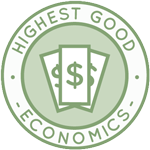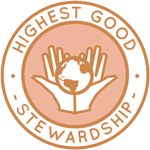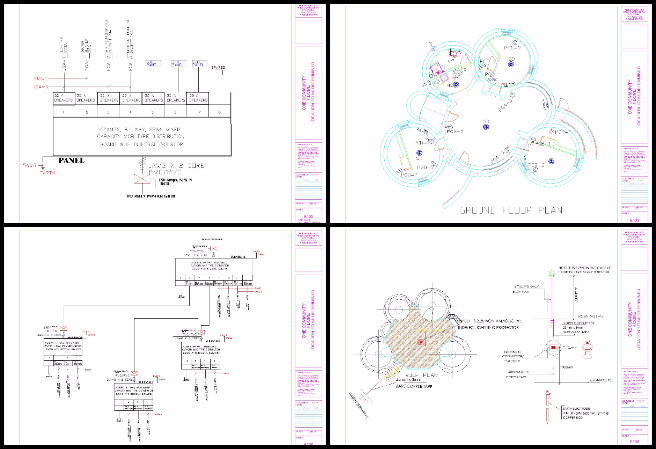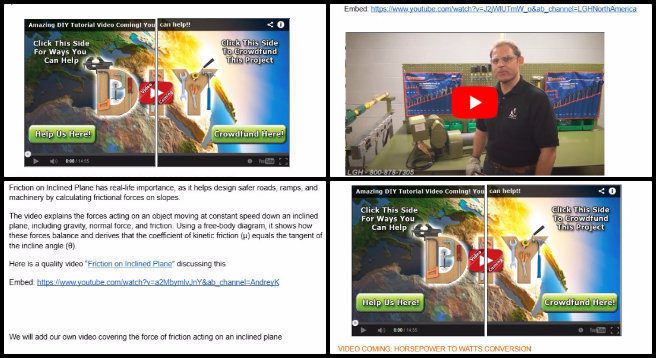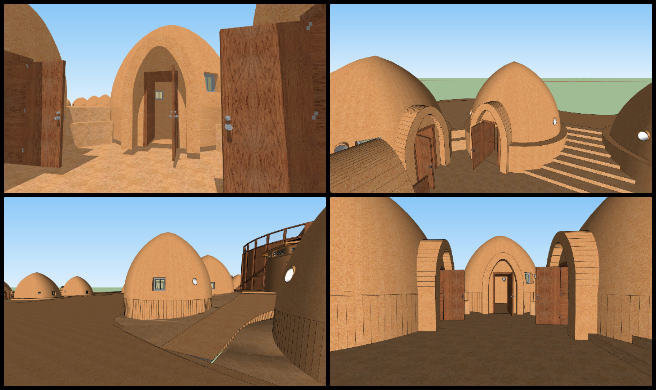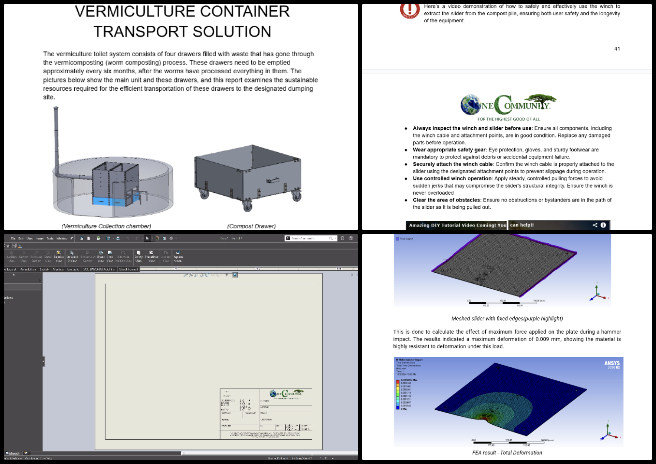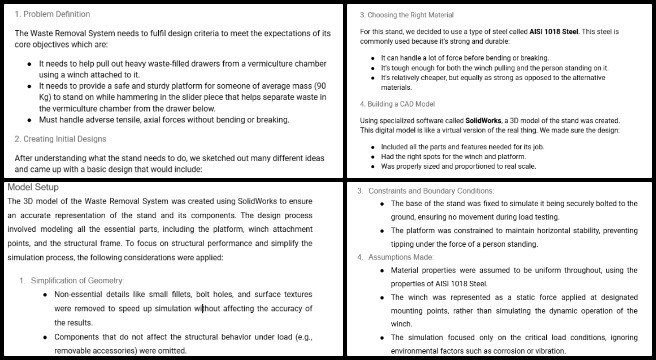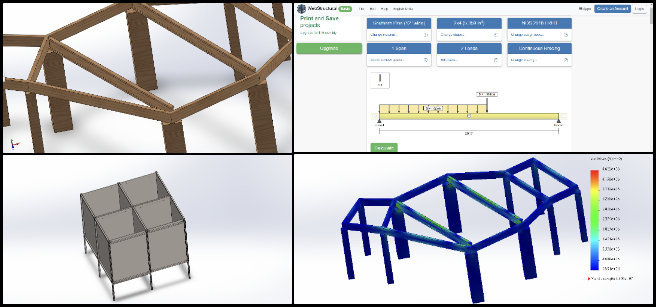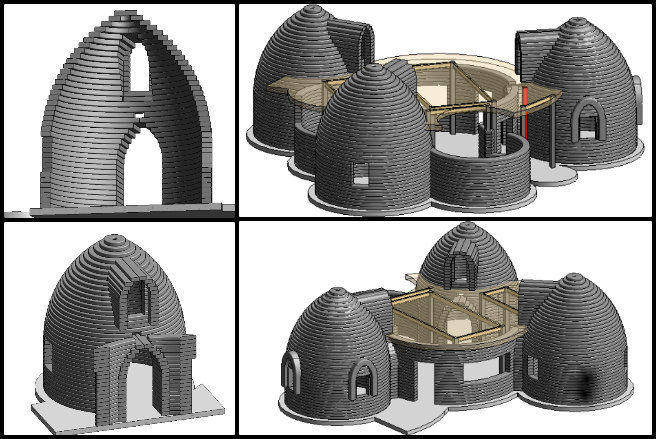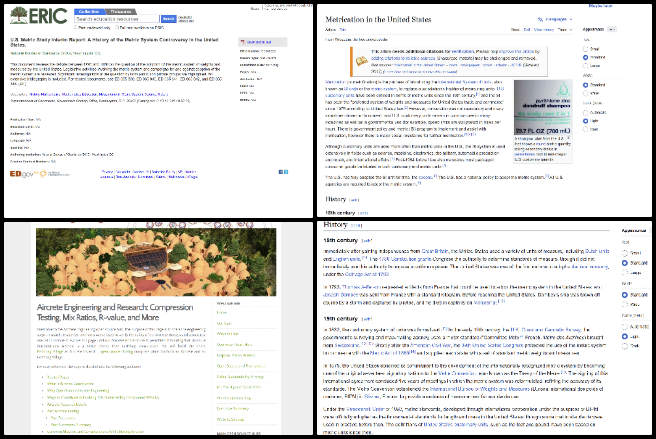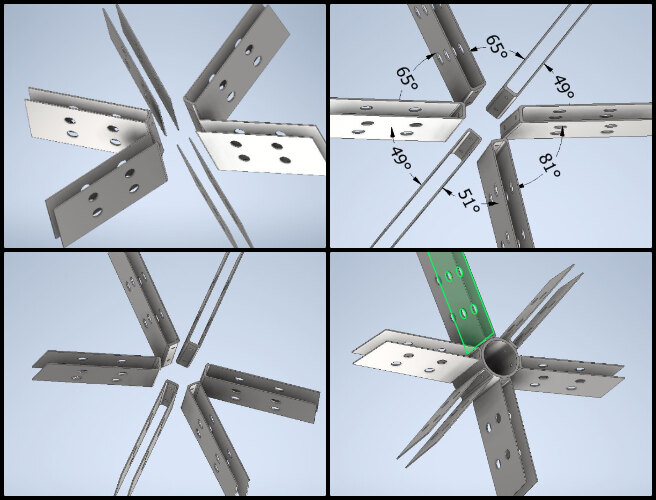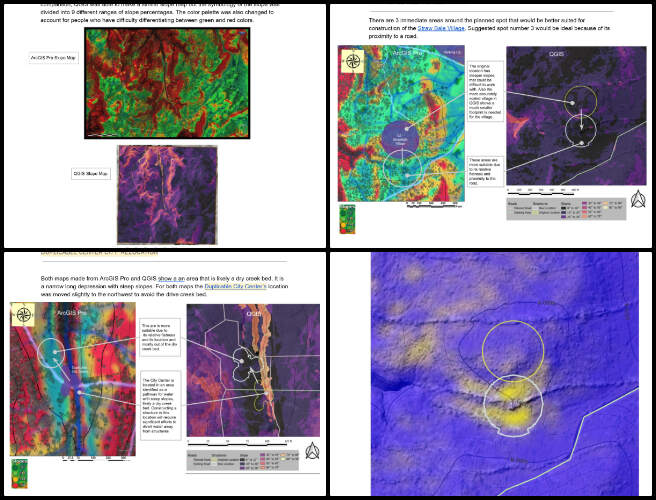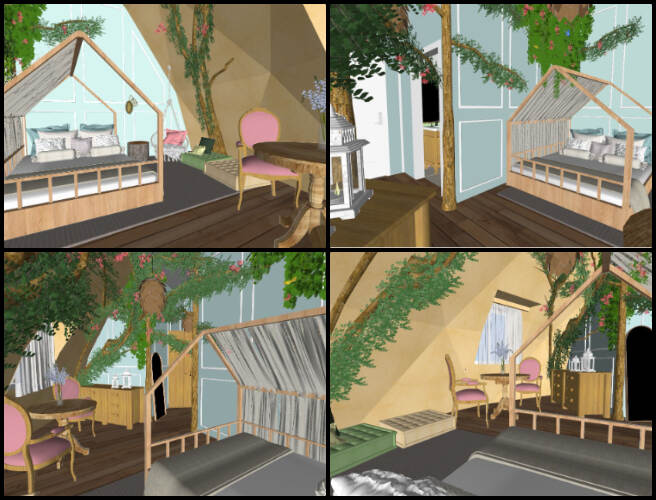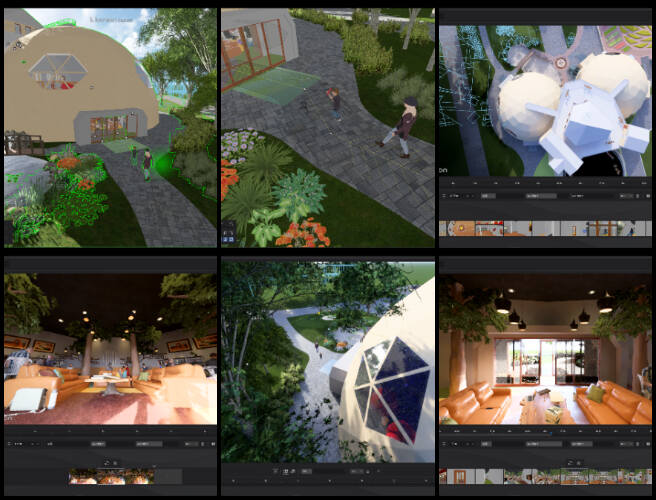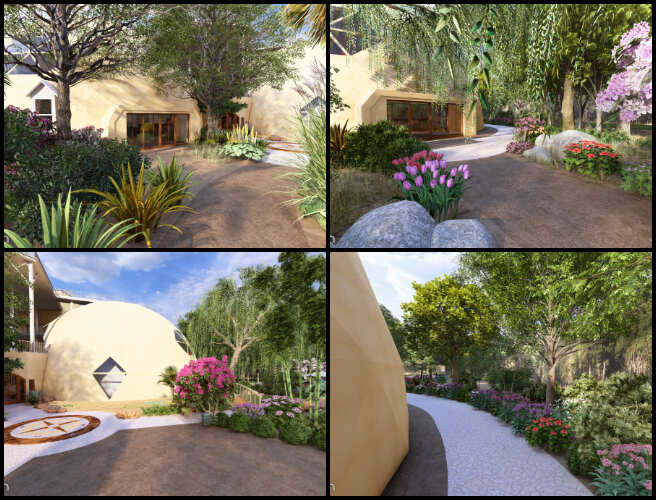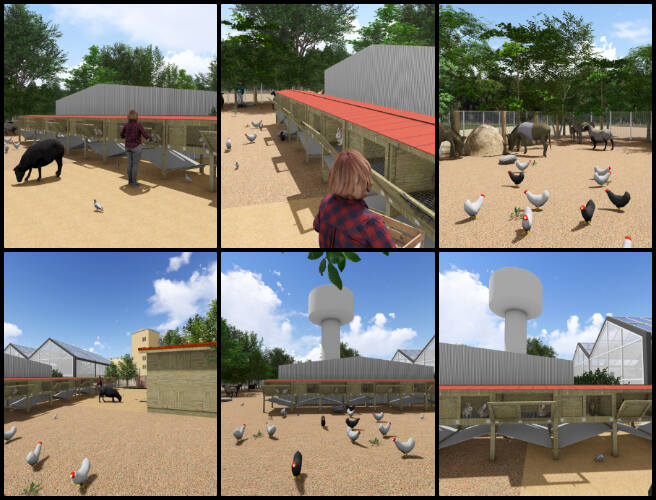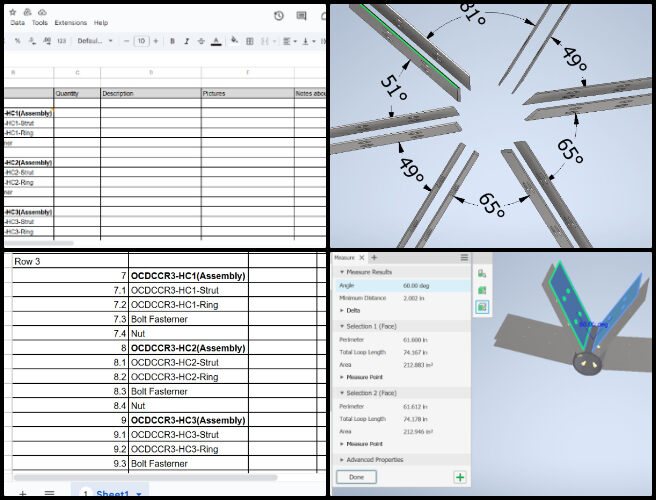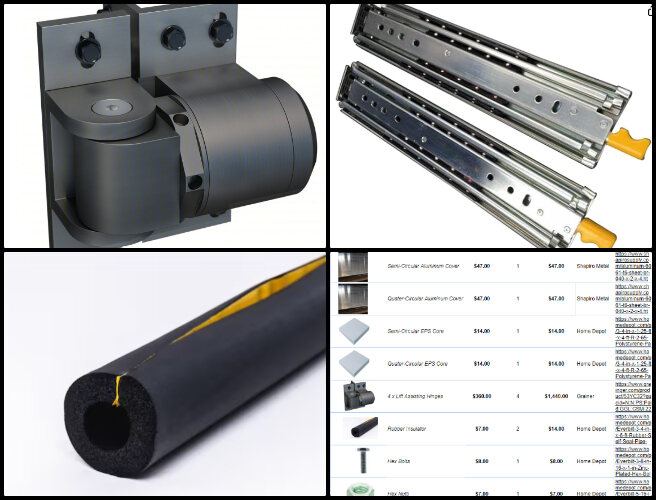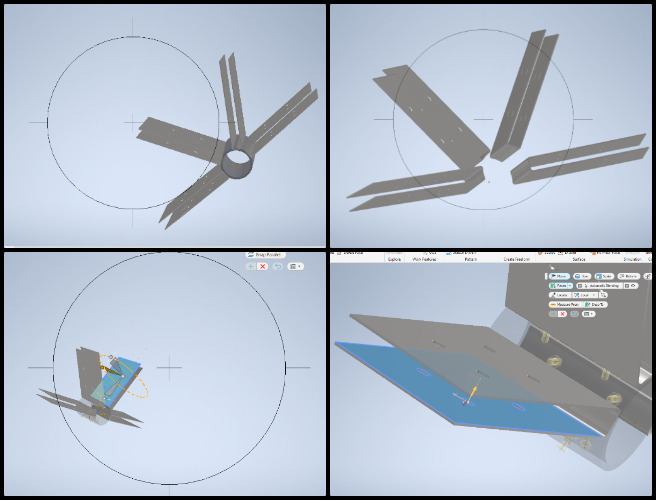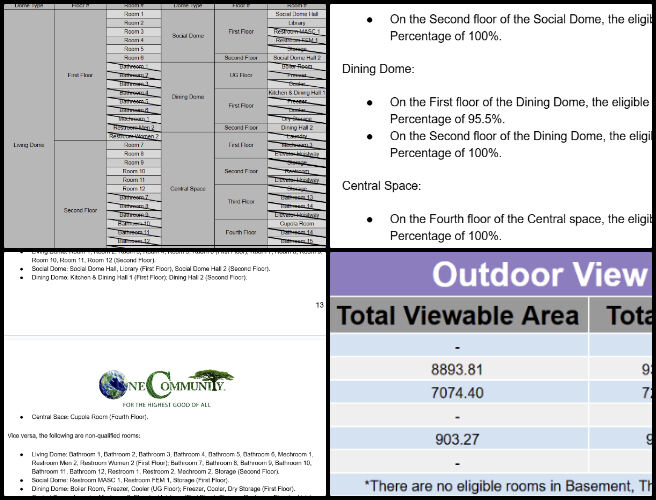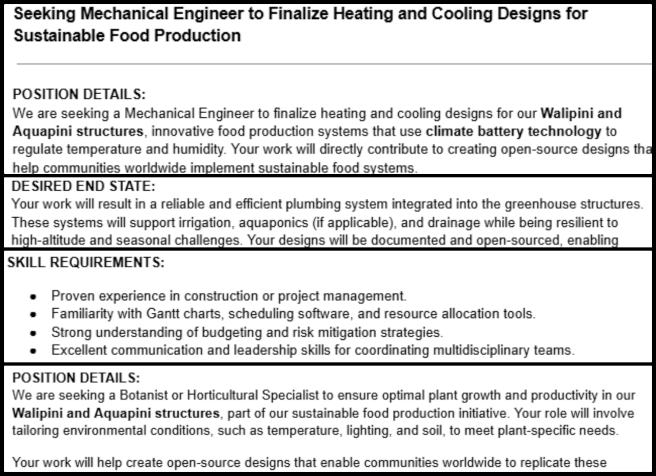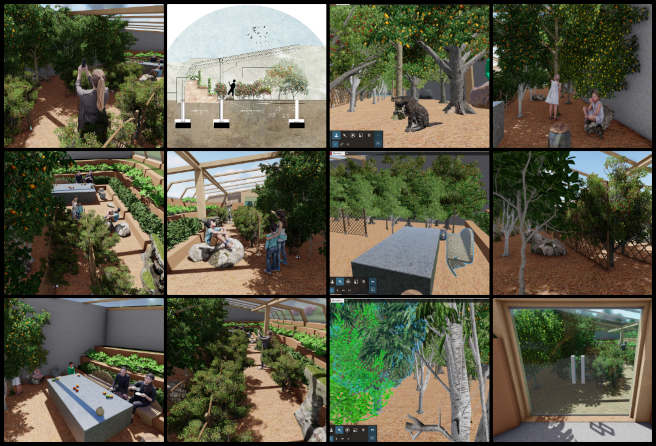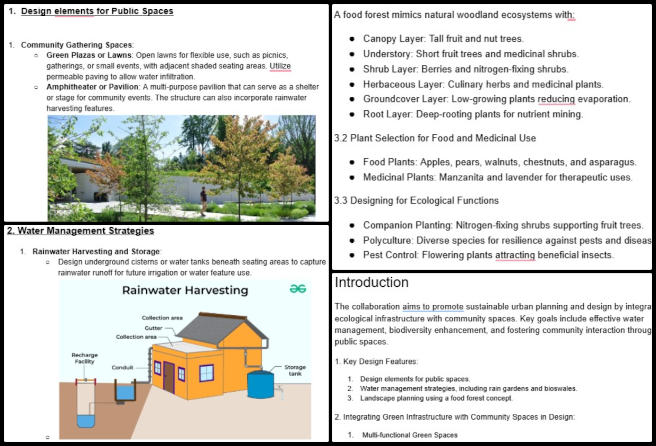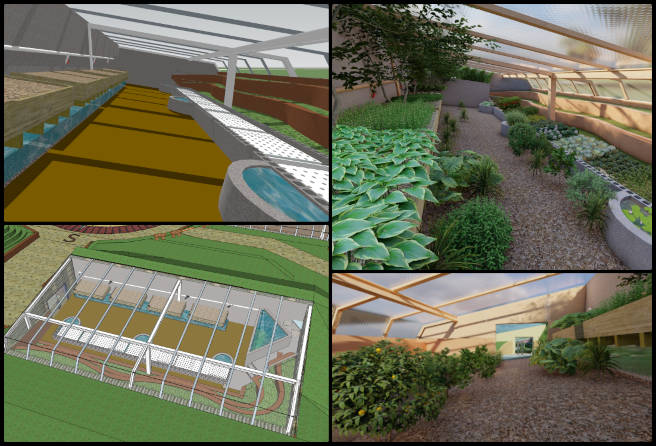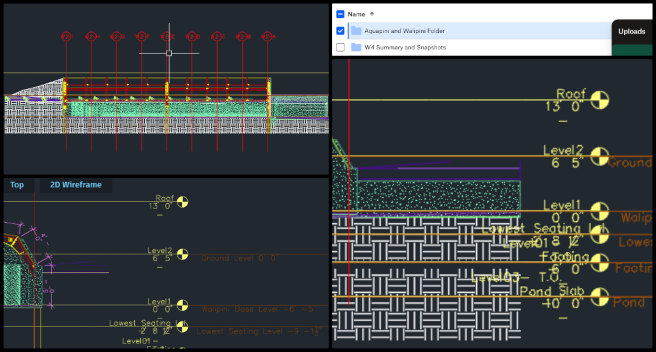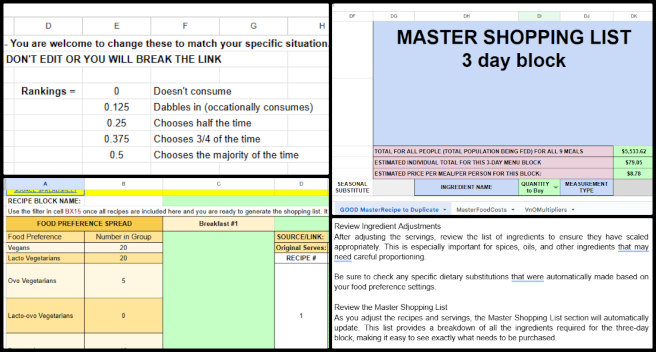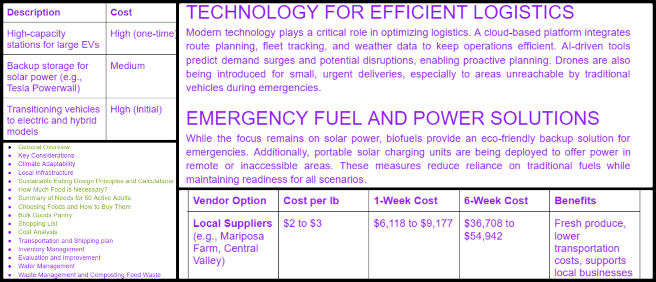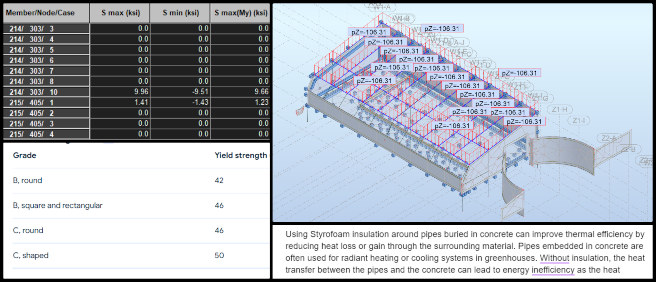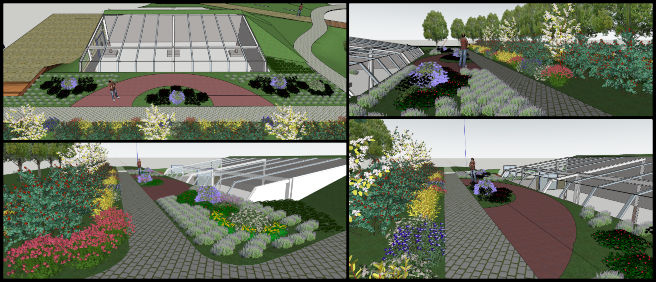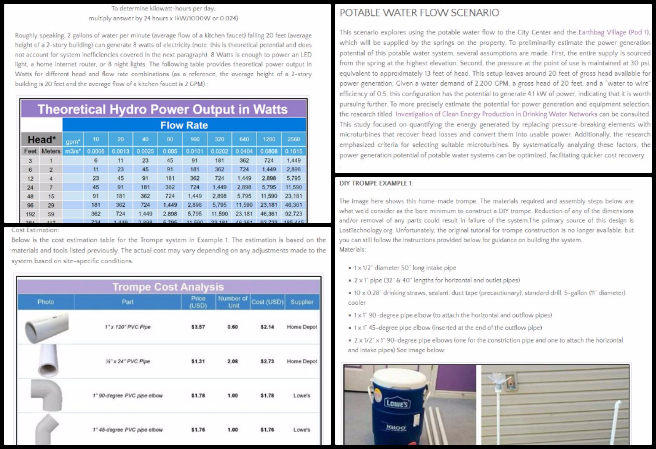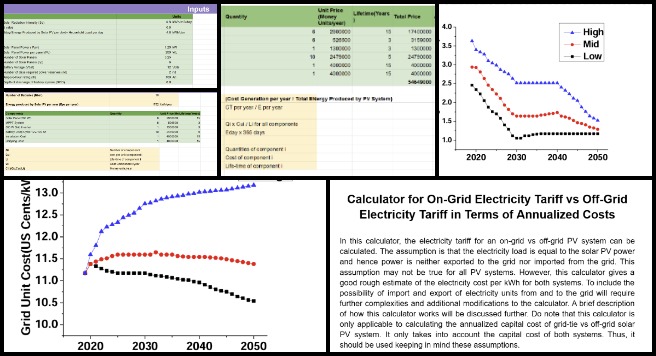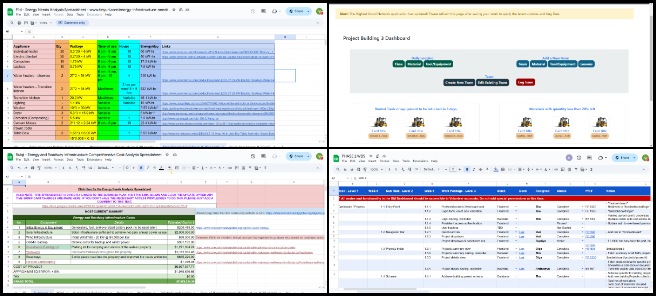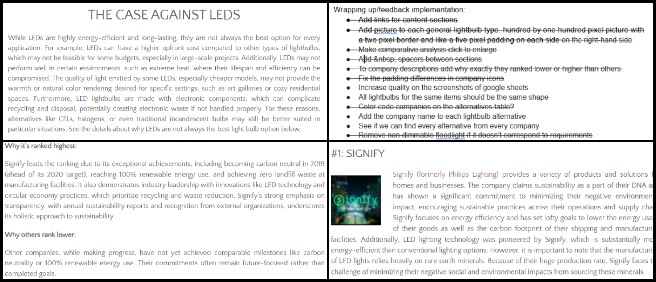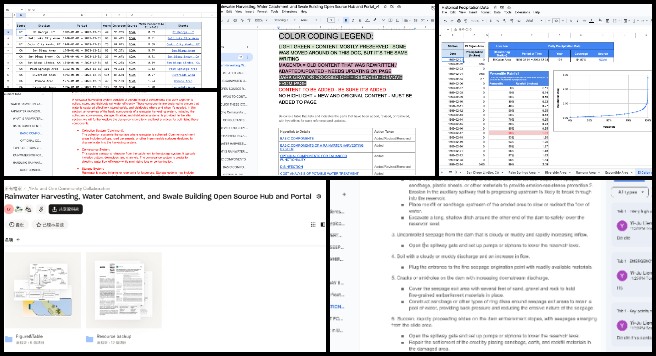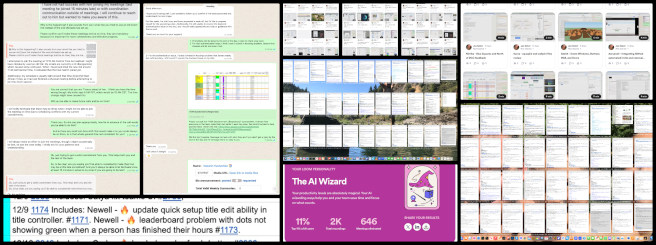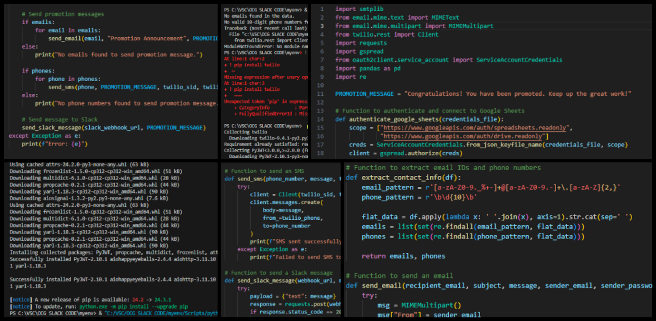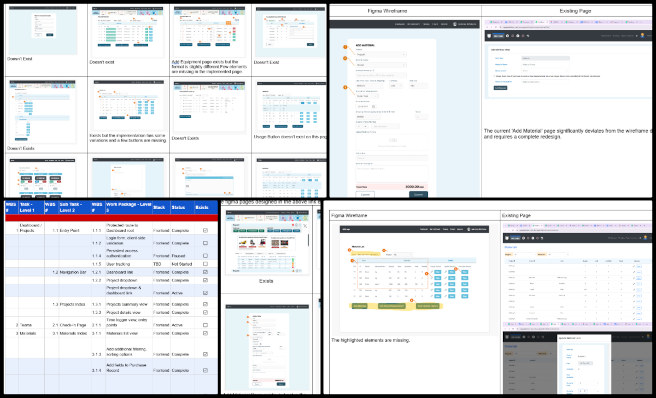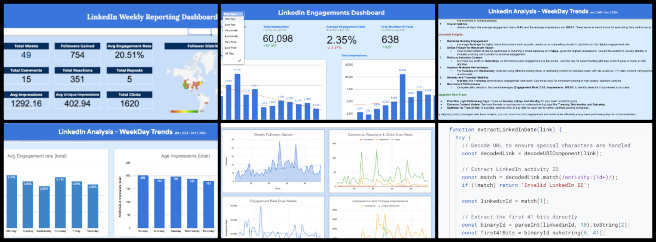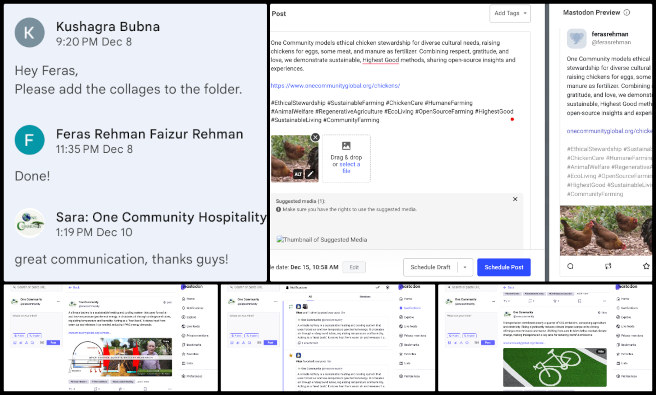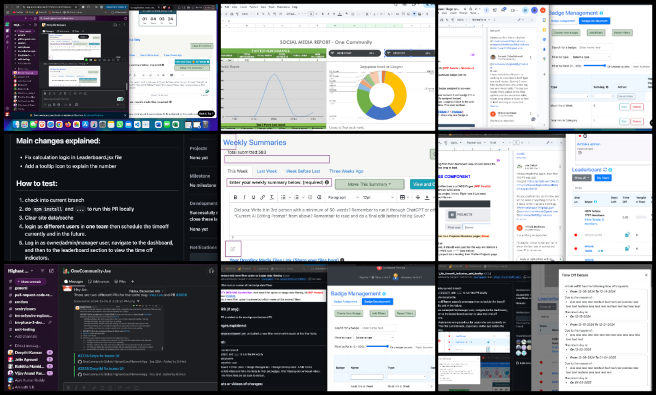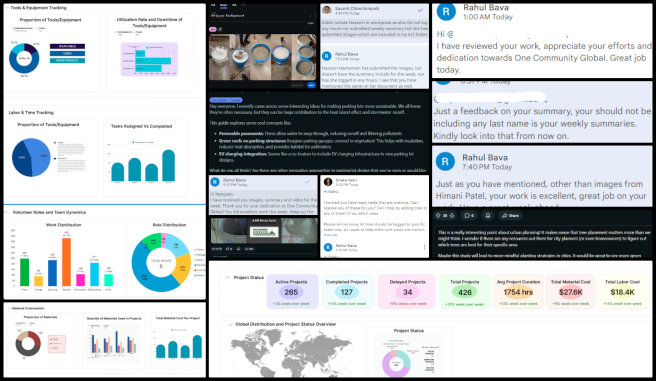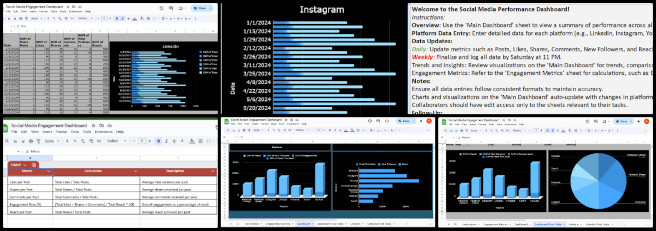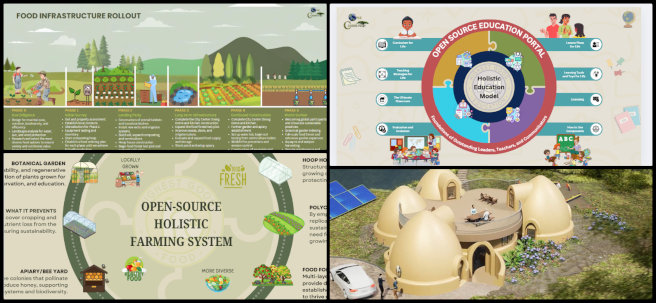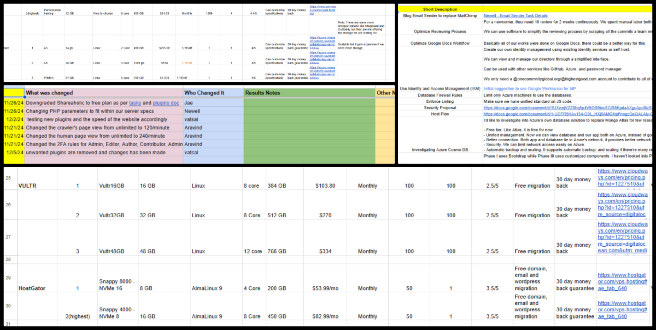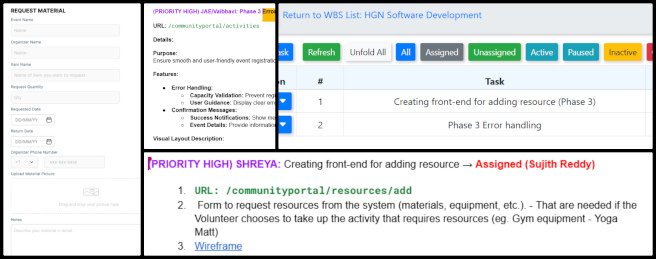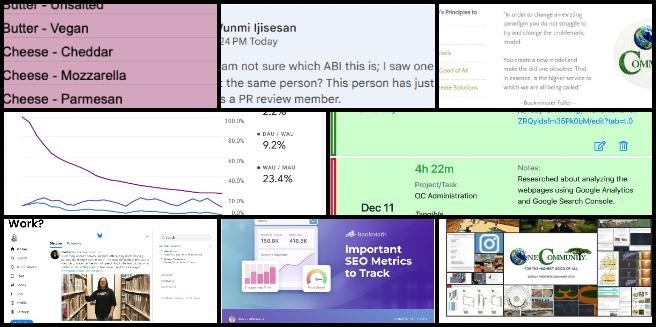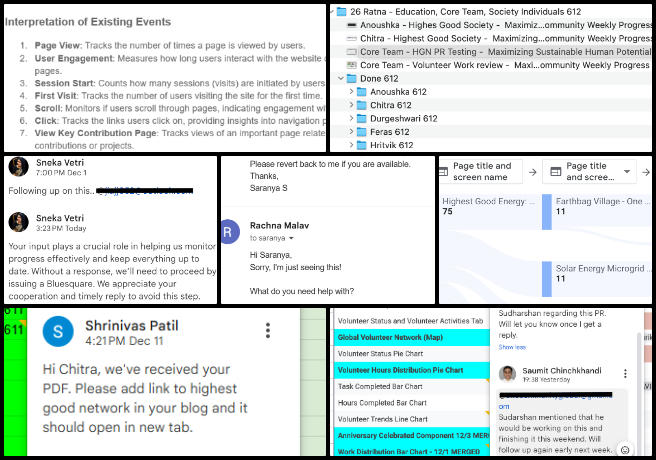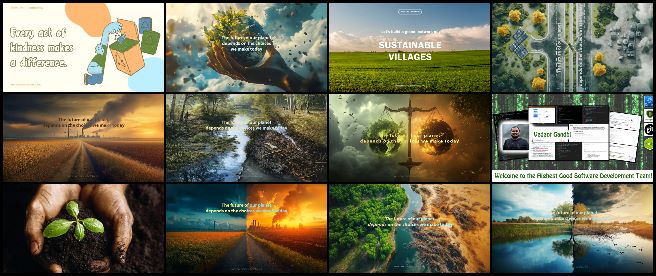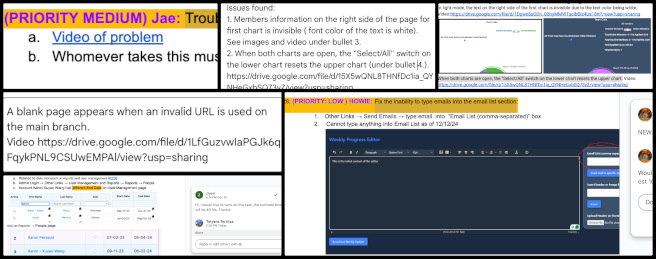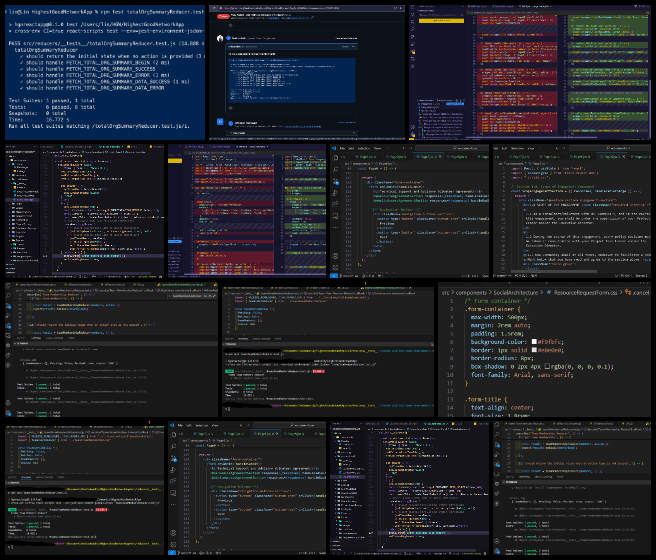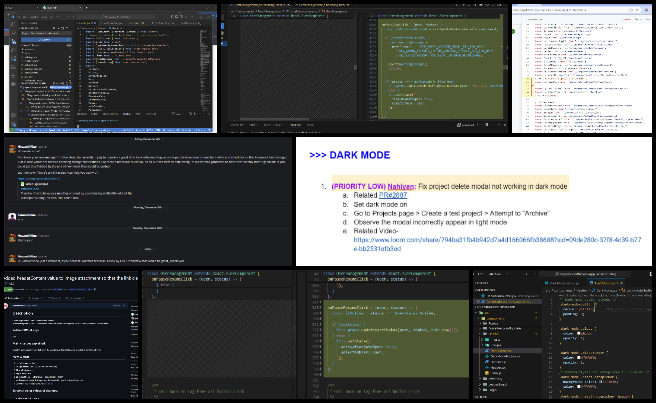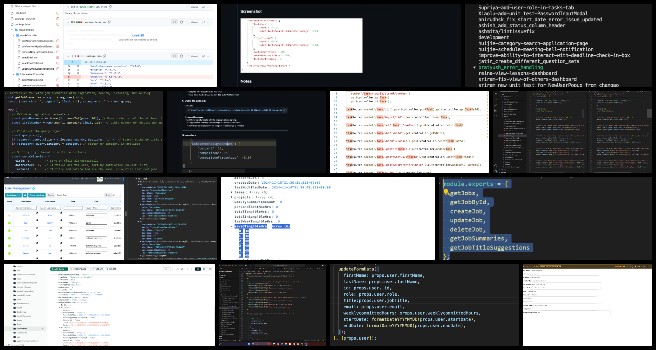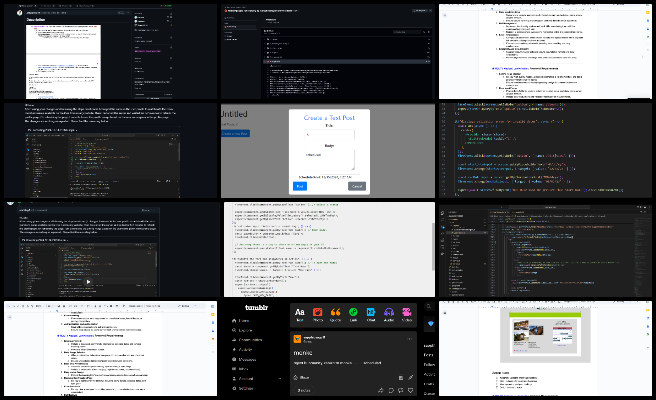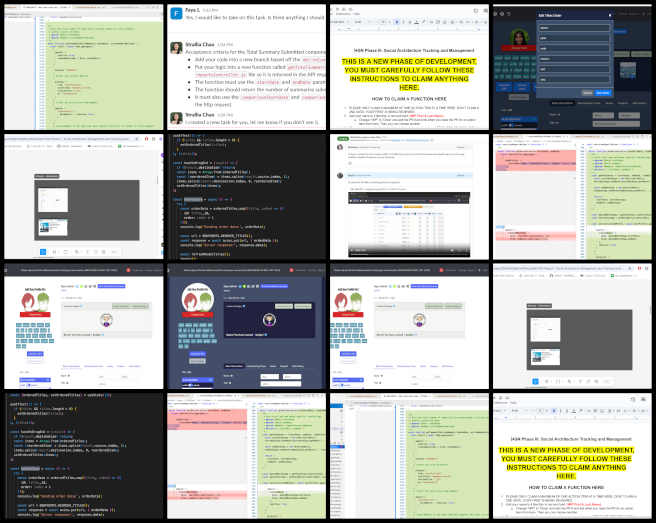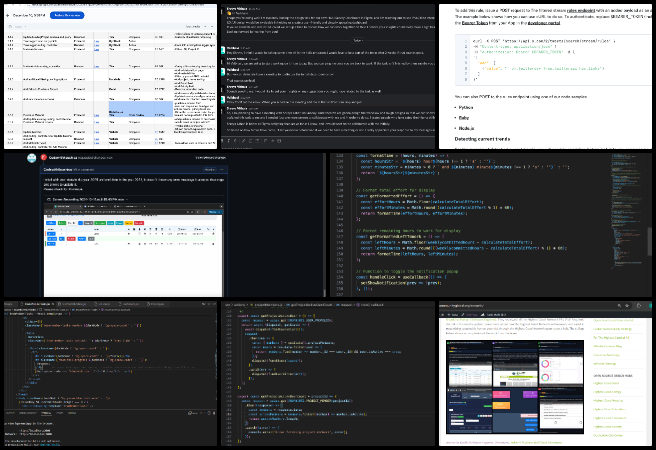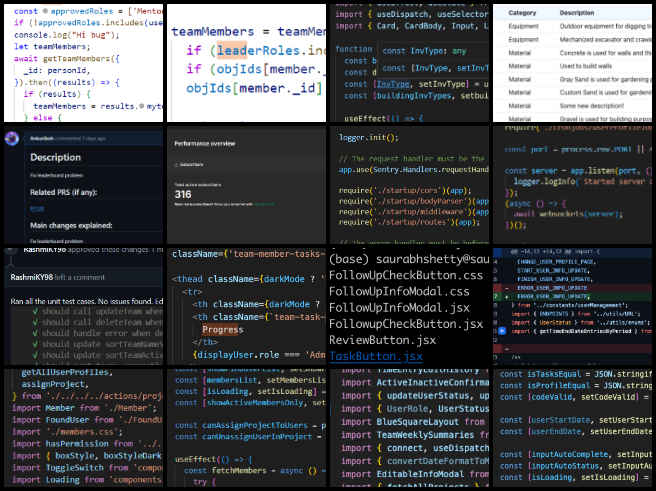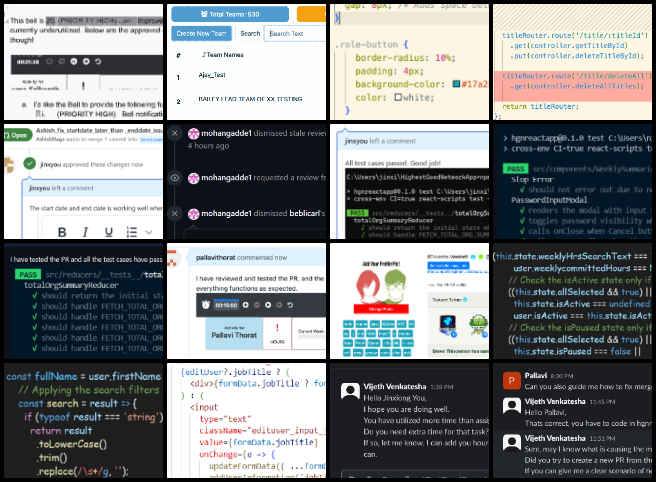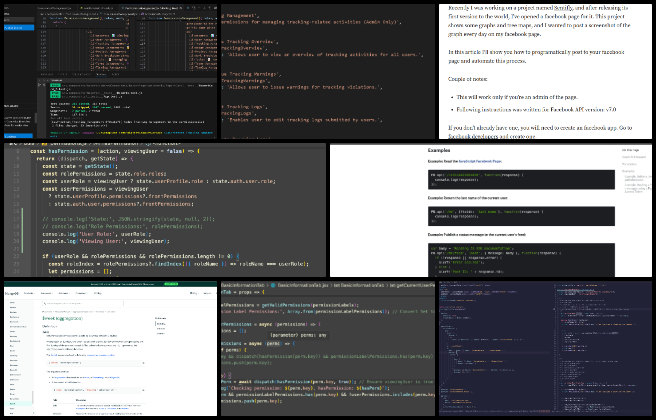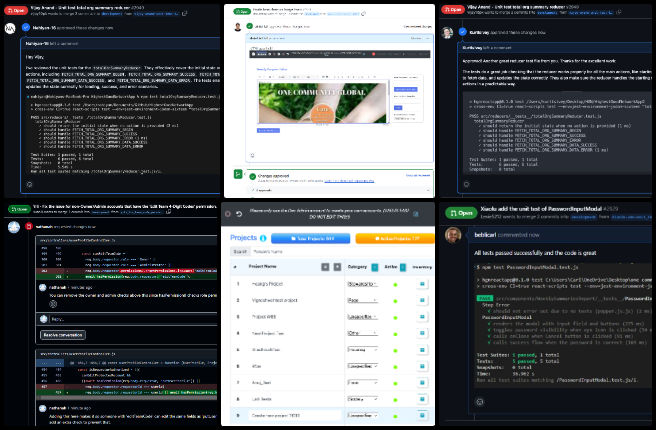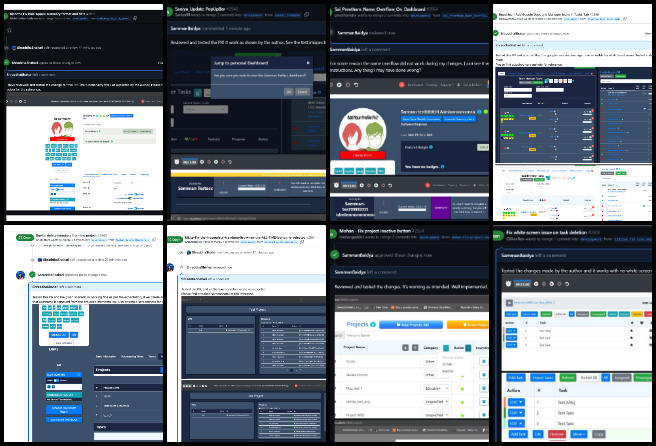Creating a More Luxuriant Life With Sustainability – One Community Weekly Progress Update #613
Creating a more luxuriant life with sustainability has never been more essential or achievable as it is now. We’re helping make it even more accessible and possible by designing and open source and free-sharing tools, tutorials, and DIY instructions for self-replicating teacher/demonstration hubs that include all aspects of sustainability. Food, energy, housing, education, for-profit and non-profit economic design, social architecture, fulfilled living, global stewardship practices, and more are included. We call this living and creating for “The Highest Good of All.”
- Here’s our project overview
- Here’s our world-change methodology
- Here’s how this becomes self-replicating
- Here’s how we are open source and free-sharing all the do-it-yourself designs
OUR MAIN OPEN SOURCE HUBS
Click on each icon to be taken to the corresponding Highest Good hub page.
One Community’s physical location will forward this movement as the first of many self-replicating teacher/demonstration communities, villages, and cities to be built around the world. This is the December 16th, 2024 edition (#613) of our weekly progress update detailing our team’s development and accomplishments:
Creating a More Luxuriant Life With Sustainability
One Community Progress Update #613
DONATE | COLLABORATE | HELP WITH LARGE-SCALE FUNDING
CLICK HERE IF YOU’D LIKE TO RECEIVE AN EMAIL EACH WEEK WHEN WE RELEASE A NEW UPDATE
YOU CAN ALSO JOIN US THROUGH SOCIAL MEDIA
ONE COMMUNITY WEEKLY UPDATE DETAILS
HIGHEST GOOD HOUSING PROGRESS
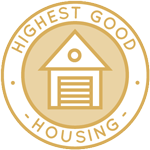 One Community is creating a more luxuriant life with sustainability through Highest Good housing that is artistic and beautiful, more affordable, more space efficient, lasts longer, DIY buildable, and constructed with healthy and sustainable materials:
One Community is creating a more luxuriant life with sustainability through Highest Good housing that is artistic and beautiful, more affordable, more space efficient, lasts longer, DIY buildable, and constructed with healthy and sustainable materials:
- Learn about: Our Upcoming Crowdfunding Campaign
- Learn about the different village models: 7 Sustainable Village Models
- Visit the open source portals for the first two: Earthbag Village OS Hub | Straw Bale Village OS Hub
This week, Adefola (Fola) Madehin (Electrical Design Specialist) continued his work with Earthbag Village electrical designs; which can be important in creating a more luxuriant life with sustainability. Fola completed the electrical design for the Earthbag Village 4 Dome Project, incorporating lighting fixtures, switches, cable wiring, exhaust fans, and kitchen hoods. Socket provisions were included for appliances such as televisions, air conditioning units, dishwashers, washing machines, and electric cookers. The design specified the installation of a lightning arrestor for surge protection. A main electrical panel schematic was created, detailing circuit connections and cable sizes. Additionally, an electrical load schedule was prepared to outline individual and total loads in watts and kVA, ensuring the system meets required standards and specifications. The Earthbag Village is the first of 7 to be built as the housing component of One Community’s open source model for creating a more luxuriant life with sustainability. See some of his work in the collage below.
Adil Zulfiquar (Engineer) continued working on the Vermiculture Toilet engineering designs. Videos were embedded to illustrate key concepts, including the relationship between power, force, and velocity. A video on converting horsepower to watts was added, along with another explaining how friction operates on various surfaces and the frictional force on an incline. Additionally, a detailed video demonstrated the proper selection and operation of an electric winch. Formatting updates were applied to the safety sections to enhance readability. The Earthbag Village is the first of 7 to be built as the housing component of One Community’s open source model for creating a more luxuriant life with sustainability. See below for some of the pictures related to work.
Akshit Sethi (Architectural Designer) continued working on updating the Earthbag Village SketchUp and AutoCAD layouts. The SketchUp model was updated to align with the design document for the domes. The updates involved refining the contour shapes and adjusting the door entries for all living domes to ensure they matched the design specifications. These changes were made to improve the accuracy and consistency of the model with the project requirements. The Earthbag village is the first of 7 villages to be built as part of One Community’s open source model for creating a more luxuriant life with sustainability. See his work in the collage below.
Anil Karathra (Mechanical Engineer) continued helping complete the Vermiculture Toilet engineering and designs. The vermiculture toilet compost transportation solutions document compiled by Adil was reviewed. The weekly team meeting was attended, and drawing templates for One Community were completed. Feedback on the vermiculture collaboration document was reviewed, and updates were made accordingly. Changes to the collaboration document were finalized, with entire sections reviewed to ensure readiness for publication. This approach for creating a more luxuriant life with sustainability supports the development of innovative solutions that are both environmentally friendly and effective. See below for pictures related to this work.
Joseph Osayande (Mechanical Engineer) continued helping finish the Vermiculture Toilet engineering and design details. Joseph focused on refining the FEA analysis report for the Waste Removal Stand to improve accessibility and clarity for a broader audience. Updates included a detailed introduction explaining the stand’s purpose in waste removal and its dual functions of facilitating drawer removal with a winch and providing a stable platform for slider hammering. These advancements not only elevate engineering precision but also underscore the project’s commitment to creating a more luxuriant life with sustainability. The design objectives were expanded to emphasize safety, durability, and operational efficiency. Adjustments to the methodology section outlined steps such as defining the problem, selecting materials, creating CAD models, simulating load conditions, and analyzing structural performance. The model setup section detailed the development and simplification of components, the application of constraints, and key assumptions made for simulation efficiency. The report emphasized FEA’s role in predicting performance, identifying structural weaknesses, and avoiding overdesign. Technical concepts were revised with simplified descriptions and additional context to enhance readability for non-technical readers. The Earthbag Village is the first of 7 to be built as the housing component of One Community’s open source model for creating a more luxuriant life with sustainability. See some of his work in the collage below.
Karthik Pillai (Mechanical Engineer) continued helping finish the Vermiculture Toilet engineering and helping with the Earthbag Village 4-dome home roof plan. Karthik analyzed the I-section beams for the roof structure of the four-dome cluster project, following directives from Michaela. The initial analysis indicated a deflection of less than one inch, within acceptable limits but requiring further refinement to improve structural safety and reliability. Concurrently, work progressed on the vermiculture toilet design project, with plans to meet Jae to identify and implement structural improvements. Finite element analysis (FEA) was conducted on the waste-dumping mechanism to optimize its performance and ensure the design aligns with project requirements. The Earthbag Village is the first of 7 to be built as the housing component of One Community’s open source model for creating a more luxuriant life with sustainability. See the work in the collage below.
Michaela Silva (Architect) continued working on the interior details for the Earthbag Village 4-dome home design. Michaela facilitated meetings for the MEP and roof design teams and continued work on the Revit model, focusing on modeling each layer of the earthbag structure. During the roof design discussions, the team reviewed the deflection of the alternative framing, which met the acceptable limits but narrowly passed, prompting further study of this option. The Earthbag Village is the first of 7 villages to be built as part of One Community’s open source model for creating a more luxuriant life with sustainability. See her work in the collage below.
Vimarsh Acharya (Engineering Manager and Technical Reviewer) continued working on identifying sustainability-related arguments covering the Highest Good Lifestyle Considerations and sourcing quality research to support each one. Creating a more luxuriant life with sustainability is largely dependent on thorough research. Vimarsh prepared a folder on metric system research, which involved reviewing and referencing numerous research papers. The folder is nearly complete and ready for petition. Additionally, Jae assigned a final review of the document titled Aircrete Engineering and Research: Compression Testing, Mix Ratios, R-value, and More to ensure its content meets the required standards. The One Community model, which combines forward-thinking education with sustainably built classrooms like this, is an excellent example of creating a more luxuriant life with sustainability. See the collage below for his work.
DUPLICABLE CITY CENTER PROGRESS
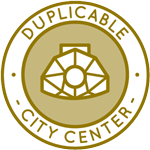 One Community is creating a more luxuriant life with sustainability through a Duplicable and Sustainable City Center that is LEED Platinum certified/Sustainable, can feed 200 people at a time, provide laundry for over 300 people, is beautiful, spacious, and saves resources, money, and space:
One Community is creating a more luxuriant life with sustainability through a Duplicable and Sustainable City Center that is LEED Platinum certified/Sustainable, can feed 200 people at a time, provide laundry for over 300 people, is beautiful, spacious, and saves resources, money, and space:
- Learn about this building and it’s function: Duplicable City Center Open Source Hub
Arnob Mutsuddi (Mechanical Engineer) continued working on Duplicable City Center structural engineering model and details. He completed 90% of the design and alignment for the middle ring of the 6-3 hub connector, ensuring compliance with appropriate GD&T standards. Progress was made on the row 8 hub connector, including designing the middle ring and side struts. The middle ring of the row 8 hub connector was also designed. Additionally, a team meeting was held to discuss upcoming tasks related to the Bill of Material. The Duplicable City Center is a foundational part of One Community’s open-source model, which excels in the mission of creating a more luxuriant life. This approach is integral to their mission of creating a more luxuriant life with sustainability through innovative and scalable solutions. See some of this work in the pictures below.
Chris Blair (GIS Technician/Horticulturist) continued working with GIS data as part of One Community’s Permaculture Design that includes the location of the Duplicable City Center. He worked with GIS data as part of One Community’s Permaculture Design. A comparison of results produced by QGIS and ArcGIS Pro was drafted, incorporating side-by-side graphics to highlight differences and updating the Google document with new content. An updated slope map was created in QGIS to enhance visualization. Within One Community’s open-source framework, the Duplicable City Center plays a central role in creating a more luxuriant life with sustainability. The images below showcase some of this work.
Faeq Abu Alia (Architectural Engineer) continued his work on the Duplicable City Center rental rooms. He focused on refining the walkthrough video for Room 12 by editing materials, adjusting decorations, and fine-tuning proportions. Modifications were made in response to recent feedback to ensure alignment with project requirements. The updates aim to enhance the room’s visual presentation and prepare the design for the next phase using Lumion. The Duplicable City Center represents a fundamental element of One Community’s open-source approach, dedicated to the mission of creating a more luxuriant life with sustainability. View examples of this work in the pictures provided below.
Jason Bao (Architectural Designer) continued working on producing renders for the Duplicable City Center library. His work centered on producing video renders. Video renders are done in Lumion. Initial render tests were produced to better understand video rendering, including setting paths, animating objects, and refining camera positions, movements, and angles. Adjustments were made to the SketchUp model to optimize it for video renders, and animated elements such as doors and human figures were added to add realism to the scenes. Six scenes were produced: an exterior view of the social dome housing the library, a panning shot inside the library, a still shot showcasing space usage, a long shot transitioning from the building exterior to the library interior, a shot following a figure entering the library, and a guided view of all library entrances. Jason continued work on producing video renders for the Duplicable City Center library not only aimed to showcase architectural brilliance but also to reflect the deeper ethos of creating a more luxuriant life with sustainability, ensuring that the design harmonizes both aesthetic appeal and environmental responsibility. Pathways and animations were planned and tested for each walkthrough, with adjustments made to lighting and keyframes for smooth transitions. Finalized renders, including test shots, were uploaded to Dropbox, with high-quality renders initiated in the latter part of the week. The Duplicable City Center is a foundational part of One Community’s open-source model, which excels in creating a more luxuriant life. This approach is integral to their mission of creating a more luxuriant life with sustainability through innovative and scalable solutions. See some of this work in the pictures below.
Mohammed Maaz Siddiqui (Architect) continued working on the outdoor landscape areas for the Duplicable City Center project. He worked on developing the side area landscape by adding trees and flowering plants to create a more verdant environment. Adjustments were made to the 3D model in SketchUp, which was subsequently imported into Lumion to modify the hardscape pathway to soil, followed by rendering the updated design. Within One Community’s open-source framework, the Duplicable City Center plays a central role in the mission of creating a more luxuriant life with sustainability. The images below showcase some of this work.
Nimika Devi (Architect) continued her contributions to the landscape design and development of the Duplicable City Center‘s urban farm. His work on the barn area of the project included making changes based on information provided in the map, adding required animals to the barn, and exporting renders of the updated file. Elements were added to enhance realistic detailing in the model, creating a diverse setting within the barn. Additional trees were incorporated into the surrounding area to improve the realism of the overall setting. Within One Community’s open-source framework, the Duplicable City Center plays a central role in the mission of creating a more luxuriant life with sustainability. The images below showcase some of this work.
Rachan Rao (Project Manager) continued his work with Vatsal, assisting him with the cost analysis for Off-Grid energy implementation in the HGE project. He collaborated with the Duplicable City Center team to outline tasks for the upcoming week. The team was assigned to update the spreadsheet on the hub connector, which is intended to serve as a draft Bill of Materials. Rachan also collected details on the team’s most recent task completions. Within One Community’s open-source framework, the Duplicable City Center plays a central role in the mission of creating a more luxuriant life with sustainability. The images below showcase some of this work.
Sanket Basannavar (Mechanical Engineer) continued working on the Duplicable City Center spa cover as part of the City Center Natural Pool and Eco-spa Designs. New market products were identified to facilitate easier opening of the spa cover due to its heavy weight, and a cost analysis was completed. Efforts are underway to create SolidWorks videos demonstrating the opening and closing of the spa cover, and the report is being updated to meet the website format requirements. Within One Community’s open-source framework, the Duplicable City Center plays a central role in creating a more luxuriant life with sustainability. The images below showcase some of this work.
Tasmia Hasan (Design Engineer) continued her work on the structural engineering of the Duplicable City Center. She focused on making adjustments to the hub connectors for row 3, basing the changes on initial measurements taken from the frame. She collaborated with the team to review the progress and started organizing all relevant measurements into a comprehensive spreadsheet to ensure accurate documentation and facilitate future analysis. As a foundational component of One Community’s open-source strategy, the Duplicable City Center is designed for creating a more luxuriant life with sustainability. You can see examples of this work in the following images.
Yancong E (Architectural Designer) continued working on the Duplicable City Center project. He updated the tutorial by adding a new Outdoor View Calculation (Average) table to calculate the Viewable Percentage for each floor of the Duplicable Center and the building overall. Additionally, Yancong revised the tutorial’s references to the USGBC, corrected formatting in the USGBC citation section, and updated the inserted links to ensure compliance. Within One Community’s open-source framework, the Duplicable City Center plays a central role in the mission of creating a more luxuriant life with sustainability. The images below showcase some of this work.
HIGHEST GOOD FOOD PROGRESS
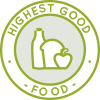 One Community is creating a more luxuriant life with sustainability through Highest Good food that is more diverse, more nutritious, locally grown and sustainable, and part of our open source botanical garden model to support and share bio-diversity:
One Community is creating a more luxuriant life with sustainability through Highest Good food that is more diverse, more nutritious, locally grown and sustainable, and part of our open source botanical garden model to support and share bio-diversity:
- Learn about the structures: Hoop House Hub | Aquapini & Walipini Open Source Hub
- See what we’ll be growing: Gardens & Hoop Houses | Large-scale Structures | Food Forest | TA
This week, the core team continued working on the Earthbag Tools, Equipment, and Material/Supplies lists, adding items taken from the goat, chicken, and rabbit pages. They added shared items used across multiple projects within One Community. Some of this week’s additions included chainsaw chaps, chainsaws, cordless drills, open/closed set wrenches, trench spades, square-point shovels, and rounded shovels. Any items specific to a single project and not used elsewhere will not appear on the Master List of Tools, Equipment, and Materials/Supplies. The Highest Good Food initiative is a key component of One Community’s open source plans, focused on creating a more luxuriant life with sustainability, and exemplifies the organization’s commitment through innovative design and implementation. Below are some of the images showcasing this work.
Jay Nair (BIM Designer) continued working on Aquapini and Walipini Planting and Harvesting lighting and HVAC design. He worked on creating a spreadsheet for the cost analysis of parts used in the Greenhouse project, organizing data to support financial evaluation and planning. Additionally, Jay developed volunteer postings for multiple disciplines, clearly defining responsibilities and expectations to recruit team members for the greenhouse project, and ensuring alignment with project goals. The Highest Good Food initiative is a key component of One Community’s open source plans, focused on creating a more luxuriant life with sustainability, and exemplifies the organization’s commitment through innovative design and implementation. Below are some of the images showcasing this work.
Junyi Shi (Landscape Architect) continued working on developing a design for Walipini #2 as a part of Aquapini and Walipini Planting and Harvesting project. She completed one-to-one recreation in Lumion based on previously designed floor plans and updated material selections. Various angles were used within Lumion to illustrate the interactions and relationships between plants, spaces, and people. To better convey the arrangement of plants, their colors, names, and sizes were further detailed in sectional drawings. The Highest Good Food initiative is essential to One Community’s open source plans, focused on a sustainable approach to creating a more luxuriant life with sustainability. Her contributions are highlighted in the collage below.
Purva Borkar (Landscape Architect) continued with her work on creating an outdoor merge of a food-producing ecosystem and people spaces for the Aquapini and Walipini Planting and Harvesting structures. She refined CAD drawings to prepare them for rendering and studied practical construction details for a rain garden. This involved understanding drainage patterns, grading, and sustainable water management systems. The work focused on integrating ecological and functional aspects, ensuring the design met environmental and usability standards while supporting water conservation and natural habitat creation. This process enhanced the project’s alignment with sustainable urban design principles. As part of One Community’s open source efforts, the Highest Good Food initiative embodies a commitment to creating a more luxuriant life with sustainability. The images below offer a glimpse into these ongoing efforts.
Silin Wang (Landscape Designer) continued rendering work for Aquapini and Walipini Planting and Harvesting #2: Tropical Moist House. She updated the SketchUp model and imported it into Lumion. During the review of previous models and animations, she identified that the terrain slope for Zenapini #1 and Zenapini #2 was too steep, resulting in insufficient interior height in the greenhouse and misalignment with the entrance. While preparing the rendering documentation for the Highest Good Food initiative, focused on creating a more luxuriant life with sustainability, she addressed the issue by regrading and adjusting the model as needed. She also worked on planting designs in Lumion. Her work is showcased in the collage below.
Surya Teja Anumolu (Volunteer Mechanical Engineer) continued his work on the Highest Good Food most sustainable construction and agricultural equipment. He focused on refining Aquapini and Walipini Planting and Harvesting footprint drawings to include scale bars and legends at each level for the different types of footprints created last week. Using the master AutoCAD file from the One Community Dropbox folder, he combined five distinct drawings to create the final file for the Aquapini and Walipni databases. The Highest Good Food initiative is a key component of One Community’s open-source plans, focused on creating a more luxuriant life with sustainability. See his work in the collage below.
Syahrina Maulida Majid (Volunteer Nutritionist) continued working on creating menu implementation tutorials as a part of One Community’s Transition Food Self-Sufficiency Plan, incorporating insights gained from discussions with Jessica. She worked on menu implementation by refining and testing the master recipe template. She developed step-by-step instructions for a tutorial to guide users on data input, adapting the template to different dietary needs, and interpreting its outputs. Observations from earlier testing were integrated to address potential challenges and enhance the tutorial’s clarity. Additionally, Syahrina documented examples to provide practical context, ensuring the tutorial is accessible and applicable to a variety of users. The Highest Good Food initiative plays a crucial role in One Community’s open source plans, focused on creating a more luxuriant life with sustainability. Her work is showcased in the collage below.
Tanmay Koparde (Industrial Engineer And Team Administrator) continued working on the Menu Supply Chain and Shopping Plan, Cost Analysis, and Food Procurement and Storage Plan to streamline organizational workflows and enhance efficiency. He performed a case review to assess existing plans and added critical improvements, including new sections on waste management, water management, transportation and shipping, inventory management, and evaluation and improvement, ensuring alignment with project objectives. These enhancements not only aligned with project objectives but also underscored the organization’s commitment to creating a more luxuriant life with sustainability, seamlessly integrating eco-conscious strategies into operational frameworks. As part of his assignments, he focused on a hypothetical location, Mariposa, California, tailoring strategies to address its specific needs. Additionally, he reviewed Kushagra’s training work, identifying minor errors and providing actionable suggestions to improve accuracy and clarity. The Highest Good Food Initiative is a key component of One Community’s open source plans, focused on creating a more luxuriant life with sustainability. See his work in the collage below.
Vatsal Tapiawala (Mechanical Engineer) continued working on integrating ideas from Paul Wheaton’s “Truly Passive Greenhouse” designs into the Aquapini/Walipinis structures. He focused on analyzing the heating and cooling loads and performing a structural analysis to assess the roof’s ability to support the additional weight. He documented the findings and incorporated insights drawn from Arkopia’s greenhouse video to enhance the overall design considerations. The Highest Good Food Initiative is a key component of One Community’s open source plans, focused on creating a more luxuriant life with sustainability. See his work in the collage below.
Ziyi Chen (Landscape Designer) continued working on the design of the outdoor spaces for the Aquapini/Walipinis structures. This week, she focused on constructing the northern section of the Zen structure, focusing on the internal pathways along the northern road. Red bricks were laid to create a clear, directional path that connects key scenic points and provides access to the building’s rooftop. The path was bordered with low-growing plants to complement the landscape and highlight the view from the rooftop. Near the Four Seasons area, the same flowering plants were used, with a selection of lower species. Outside the northern boulevard, hazelnut trees were planted along the boundary to function as both a border and a screen. The Highest Good Food initiative is a key component of One Community’s open source plans, focused on creating a more luxuriant life with sustainability. See her work in the collage below.
HIGHEST GOOD ENERGY PROGRESS
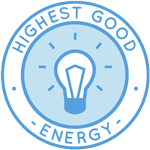 One Community is creating a more luxuriant life with sustainability through Highest Good energy that is more sustainable, resilient, supports self-sufficiency and includes solar, wind, hydro and more:
One Community is creating a more luxuriant life with sustainability through Highest Good energy that is more sustainable, resilient, supports self-sufficiency and includes solar, wind, hydro and more:
- Learn about the open source sustainable-energy foundations: Solar, Hydro, and Wind
- Explore our research into the most sustainable products and companies for saving water and energy: Insulation, Eco-laundry, Lightbulbs and Light Bulb Companies, Doors and Door Companies, Windows and Window Companies, Toilets, Faucets and Faucet Accessories, Urinals, and more.
This week, Charles Gooley (Web Designer) continued working on the Hydro Power/Energy Setup and Maintenance page. Charles added images to the One Community Pledge and its associated pages, resizing them to a width of 640 pixels and linking them to full-size versions. Updates were made to the Hydro Power/Energy Setup and Maintenance section, focusing on mini and micro hydro-energy design options, setup, maintenance, and replication costs. The work included incorporating a formula for calculating the Levelized Cost of Electricity and adding six new case study resources. Aircrete is an alternative being explored for the Earthbag Village, a foundational part of One Community’s open-source model for creating a more luxuriant life with sustainability. Take a look at some of the work in the images below.
Muhammad Sarmad Tariq (Electrical Engineer) continued helping finish the Highest Good energy component and evaluating grid-tie vs off-grid solar design. Sarmad, finalized the template for an Excel sheet designed to calculate the costs of off-grid versus on-grid PV solar systems. His efforts are a step towards creating a more luxuriant life with sustainability, as outlined in the document titled “Muhammad Sarmad Tariq and One Community Collaboration” within the WBS Complete Grid-tie vs Off-grid Cost Analysis and Rollout Report. Additionally, he gathered projections for PV system costs and grid electricity prices through 2050 to assess their impact on the comparison between off-grid and grid-tie solar PV systems to create a more luxuriant life with sustainability with Highest Good Energy. See below for the work done.
Vatsal Hitendra Shah (Volunteer Engineering Project Manager) continued reviewing the One Community Highest Good energy initiative and gained an understanding of its phases. This week, Vatsal met with Sarmad to discuss how the cost analysis sheet connects to the requirements outlined on the Highest Good Energy website and the phased rollout slide. Work is ongoing to identify finalized components and costs to better understand energy needs. In creating a user manual for the Building and Inventory Management dashboard, Vatsal developed guides for logging into the system and accessing the welcome page. Additionally, non-functioning features were listed by testing the dashboard, and plans are in place to complete the manual by documenting fully functional tasks. This helps in creating a more luxuriant life with sustainability. See the collage below for the work done.
Viktoriia Zakharova (Administrative Assistant) continued her research to complete the update of the Most Sustainable Lightbulbs and Light Bulb Companies. This week, Viktoriia worked on implementing feedback for the Most Sustainable Lightbulbs and Lightbulb Companies web guide. She added sections to each sustainability-ranked company description explaining the reasons for their ranking and clarified why the two lowest-ranked companies were not included, outlining areas for improvement in their sustainability profiles. Viktoriia addressed formatting issues by fixing padding differences in company icons, adjusting headings, and ensuring consistent spacing between bullet points. She also removed information about unavailable alternatives and lighting options that did not meet all specified requirements. Additionally, she wrote an introduction for the section titled “The Case Against LEDs.”, for creating a more luxuriant life with sustainability. See the collage below for the work done.
Yi-Ju Lien (Environmental Engineer) continued her work on the Highest Good energy LEED points related to stormwater retention. This week, Yi-Ju worked on integrating and formatting the new content related to the rainwater harvesting system and stormwater management design with the original webpage, ensuring consistency and addressing any overlap. She also updated the spreadsheets for historical precipitation data from California and Utah, improving the presentation and consolidating the percentile rainfall calculation into a single spreadsheet for simplicity. Additionally, more station data was collected and summarized in an index table, allowing for easy comparison of the 90th percentile rainfall patterns across the stations. This data will be used to support stormwater management design criteria and performance evaluation, all this helps in creating a more luxuriant life with sustainability. See the work done in the collage below.
HIGHEST GOOD EDUCATION PROGRESS
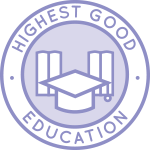 One Community is creating a more luxuriant life with sustainability through Highest Good education that is for all ages, applicable in any environment, adaptable to individual needs, far exceeds traditional education standards, and more fun for both the teachers and the students. This component of One Community is about 95% complete with only the Open Source School Licensing and Ultimate Classroom construction and assembly details remaining to be finished. We’ll report on the final two elements to be finished as we develop them. With over 8 years of work invested in the process, the sections below are all complete until we move onto the property and continue the development and open sourcing process with teachers and students – a development process that is built directly into the structure of the education program and everything else we’re creating too:
One Community is creating a more luxuriant life with sustainability through Highest Good education that is for all ages, applicable in any environment, adaptable to individual needs, far exceeds traditional education standards, and more fun for both the teachers and the students. This component of One Community is about 95% complete with only the Open Source School Licensing and Ultimate Classroom construction and assembly details remaining to be finished. We’ll report on the final two elements to be finished as we develop them. With over 8 years of work invested in the process, the sections below are all complete until we move onto the property and continue the development and open sourcing process with teachers and students – a development process that is built directly into the structure of the education program and everything else we’re creating too:
- Program Overview: Education Open Source Hub
- How the components work together in designing human orchestrated eco-abundance: How to use the Education for Life Program
- Lesson Plans for Life – Lesson Plans How-to
- Foundations of Outstanding Leaders, Teachers, and Communicators
- Curriculum for Life
- Teaching Strategies for Life
- Learning Tools and Toys for Life
- Evaluation and Evolution
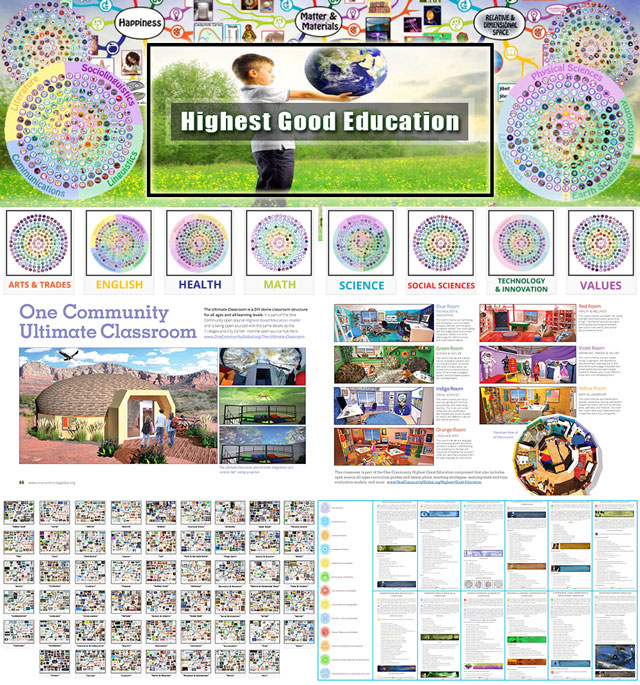
Highest Good Education: All Subjects | All Learning Levels | Any Age – Click image for the open source hub
HIGHEST GOOD SOCIETY PROGRESS
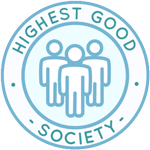 One Community is creating a more luxuriant life with sustainability through a Highest Good society approach to living that is founded on fulfilled living, the study of meeting human needs, Community, and making a difference in the world:
One Community is creating a more luxuriant life with sustainability through a Highest Good society approach to living that is founded on fulfilled living, the study of meeting human needs, Community, and making a difference in the world:
- Read the Highest Good society overview: Highest Good Society
- Learn about the model for fulfilled living and sharing: A Day in the Life
- Learn about the 4 economic models: RBE | For-profit | Non-profit | Entrepreneurship
- Learn about our open source community collaboration and management software: The Highest Good Network
This week, the core team completed over 63 hours managing One Community’s volunteer-work review not included above, emails, social media accounts, web development, new bug identification and bug-fix integration for the Highest Good Network software, and interviewing and getting set up new volunteer team members. They also shot and incorporated the video above that talks about creating a more luxuriant life with sustainability and how creating a more luxuriant life with sustainability is a foundation of the bigger picture of everything One Community is doing. The image below shows some of this work.
Anoushka Hazari (Data Analyst) continued working on code to automate and simplify the Highest Good Network software promotion process. She reviewed the team’s pull requests and updated the PR review table. Her part of the blog was created along with a collage, and an error in the blog was corrected to ensure accuracy. The HGN spreadsheet was updated with the required information, and the work from sheet 4 was reviewed. Key issues in the code were resolved, including replacing the deprecated oauth2client library with google-auth, enhancing error handling for better debugging, refining regex patterns for email and phone number extraction, and implementing a streamlined method for handling duplicate column headers. The regex patterns were improved to match various formats, and a FileNotFoundError handler was added to address missing credentials files. Through her efforts, Anoushka contributed to creating a more luxuriant life with sustainability by ensuring the software remains efficient, accurate, and adaptable to future challenges. While fixing one issue, another emerged, indicating interdependencies between the logic and error handling. Anoushka developed a script to automate the extraction of contact information from Google Sheets using gspread and pandas. The script was enhanced with a notification system that sends promotional messages via email, SMS, and Slack when valid contact information is found. After researching different libraries, Anoushka decided Twilio was the most suitable option for sending SMS messages, though an oversight occurred when logging in with smtplib. This mistake highlighted the importance of details when integrating libraries and handling authentication. This work helps One Community’s mission of creating a more luxuriant life with sustainability and reinforces our commitment to creating a more luxuriant life with sustainability. The following images show her work for the week.
Chitra Siddharthan (Data Analyst And Team Administrator) continued focusing on existing web pages of the HGN Phase II website, starting with testing its functionality, She worked on comparing the existing HGN Phase 2 BM Dashboard pages with the Figma wireframes designed for the same project. She created a table to document whether each web page exists and, if so, whether any changes are required. After Jae reviewed the initial table, further clarifications were requested for pages marked as “exists but missing a few elements”. Chitra then created a new set of comparisons focusing on the existing web pages’ missing elements and additional functionalities. Additionally, she reviewed Ziyan’s work on ensuring all Phase 2 Figma pages exist and updating the Phase 2 document, approving the results. She also reviewed Vatsal’s contributions to the HGN Phase 2 user manual. This work helps One Community’s mission of creating a more luxuriant life with sustainability and reinforces our commitment to creating a more luxuriant life with sustainability. The following images show her work for the week.
Durgeshwari Naikwade (Data Analyst) updated two LinkedIn analytics dashboards (Analysis – Day Trends and Analysis – Weekly Reporting Template sheets) by refining data visualizations and integrating updated metrics to improve reporting accuracy. She also worked on two additional dashboards: the Analysis – Engagements Dashboard, focused on interaction metrics, and the Analysis – Day Trends with Welcome Post sheet, which provides detailed trends for daily post-performance. Based on actionable insights, recommendations were made to utilize Fridays for high-reach content with strong calls to action and reduce critical posts on Saturdays. She created an updated version of the Google and Rank Math analytics tracking sheet, incorporating enhanced keyword tracking parameters and URL structures, and completed testing for Phase 1 (Baseline Evaluation) and Phase 2 (Keyword Research) to validate tracking accuracy. Durgeshwari led a weekly meeting for the Google Analytics team to discuss current progress, clarify tracking methodologies, and assign specific tasks related to ongoing analytics phases. Additionally, she worked on troubleshooting Google Analytics tracking codes, addressing issues with tag implementation and data flow, and extracted posted dates from LinkedIn post URLs to enable deeper analysis of engagement patterns and posting trends. This work helps One Community’s mission of creating a more luxuriant life with sustainability and reinforces our commitment to creating a more luxuriant life with sustainability. The following images show her work for the week.
Feras Rehman (Data Analyst) continued working on developing One Community’s Mastodon account and strategy. He also managed his part of the One Community Updates Blog by reviewing and adding images to supplement the summary. He reviewed weekly blogs from Sneka, Anoushka, Saumit, Rahul, and Durgeshwari, providing feedback on identified errors. Five additional Mastodon posts were scheduled on Buffer for the following week. Targeted Mastodon strategies were developed and implemented, increasing post reach fourfold through optimized hashtags and improved post structuring. Images were added to supplement the weekly summary. This work helps One Community’s mission of creating a more luxuriant life with sustainability and reinforces our commitment to creating a more luxuriant life with sustainability. The following images show his work for the week.
Hritvik Mahajan (Data Analyst) continued focusing on multiple tasks related to marketing, promotion, software development, and administrative activities. In marketing and promotion, he updated and refined the Google Sheet used for social media tracking, incorporating feedback from Jae and experimenting with filters, formulas, and charts. He also transferred ownership of the sheet and reposted high-engagement Twitter posts in communities to test engagement levels. For software development, he focused on Phase 1 frontend testing, reviewing various pull requests, addressing merge conflicts, and coordinating with team members on Slack for necessary changes. In administration, he prepared collages and a WordPress blog for the Expressers Software Development Team and provided detailed feedback on team documents. Additionally, he reviewed the work of several admin team members related to Blog #612 on the Step 4 document. This work helps One Community’s mission of creating a more luxuriant life with sustainability and reinforces our commitment to creating a more luxuriant life with sustainability. The following images show his work for the week.
Rahul Bavanandan (Data Analyst) continued working on several key projects within the Highest Good Network software, One Community’s Reddit presence, and administration. He worked on the HGN Phase 2 Evolution project, focusing on translating Figma designs for the Phase 2 dashboard. He also engaged with diverse Reddit posts to increase comment karma while contributing original content to various subreddits to establish a presence and boost post karma. Additionally, he refined and formatted a document outlining an effective Reddit strategy. For One Community, Rahul provided review and feedback to five colleagues. He also curated content for the weekly progress update, which involved adding weekly summaries and photo collages to the webpage and ensuring all information was accurately presented. He reviewed summaries and images from other team members and provided constructive feedback. This work helps One Community’s mission of creating a more luxuriant life with sustainability and reinforces our commitment to creating a more luxuriant life with sustainability. The following images show his work for the week.
Raghav Dinesh Pamuru (Product Manager) continued focusing on designing and building a Google Sheets dashboard to simplify tracking and analyzing social media engagement. The dashboard consolidates metrics like weekly engagements, total followers, posts made, and engagement growth percentages from multiple platforms. He ensured it was accessible for team collaboration and formatted it with clear visualizations, including charts, to make data interpretation straightforward. He also collaborated with team members to gather relevant data and incorporated their input to align the dashboard with our goals and project needs. This work helps One Community’s mission of creating a more luxuriant life with sustainability and reinforces our commitment to creating a more luxuriant life with sustainability. The following images show his work for the week.
Shireen Kayal (Humanitarian Program Developer & Data Manager) continued her work on branding graphics for all of One Community. This week she created new graphics for both the Highest Good Energy Page and the For The Highest Good of All® philosophy page by creating clearer visual representations of key concepts. She focused on fixing elements of the food infrastructure rollout and the holistic farming system, creating two new infographics for the Highest Good Education. She designed infographics encapsulating various aspects of modern life and revised a quote by George Bernard Shaw. Shireen also worked on the Highest Good Education page to prepare for her upcoming infographic projects. She updated the weekly progress video and ensured corrections were made. This work helps One Community’s mission of creating a more luxuriant life with sustainability and reinforces our commitment to creating a more luxuriant life with sustainability. The following images show his work for the week.
Venkata Jaya Pavan Naru (Volunteer Network And Cybersecurity Engineer) continued helping with the One Community website and Highest Good Network software stability and security. This week, Pavan reset the website server and addressed PHP errors, updating the website changes spreadsheet accordingly. He completed a detailed spreadsheet comparing hosting providers, including tiers of plans and reasons for selection. Additional tasks included resetting servers and reviewing a cybersecurity proposal from Newell. The spreadsheet was further updated to reflect these insights. This work helps One Community’s mission of creating a more luxuriant life with sustainability and reinforces our commitment to creating a more luxuriant life with sustainability. The following images show his work for the week.
Yash Shah (Data Analyst and Team Administrator) continued his admin work and managed the social architecture component of the Highest Good Network software. He focused on Phase 3 tasks, including tracking progress on assignments and resolving team questions related to Figma and documentation. He oversaw Phase 3 action items, assigned tasks to team members based on their interests, and ensured clarity on deliverables. Requested to fix the navigation bar on Figma as the old one was not replaced. Yash also created a blog for Dev Dynasty, organized the weekly folder, designed a collage, and edited the summary for the week to include all team members. This work helps One Community’s mission of creating a more luxuriant life with sustainability and reinforces our commitment to creating a more luxuriant life with sustainability. The following images show his work for the week.
ADMINISTRATION TEAM A-O
The Administration Team’s summary, covering their work on administration and managing most of One Community’s program for creating a more luxuriant life with sustainability was managed by Muhammad Huzaifah (Administrative Assistant) and includes, Jessica Fairbanks (Administrative Assistant), Michael Juma (Administrative Assistant), Kishan Sivakumar (Administrative Assistant and Software Team Manager), Jibin Joby (Data Analyst), Vishnu Murali (Data Analyst), Wasim Akram (Administrative Assistant), Kushagra Bubna and Olawunmi “Ola” Ijisesan (Administrative and Management Support). This week, Jessica collaborated with Syahrina on the Menu Implementation Tutorial by adding test recipes to the Master Recipe Template and ensuring that the “New Quantity” formulas accounted for VnOMultipliers rankings. She held her weekly meeting with Syahrina to plan next steps and completed administrative tasks, including reviewing volunteer contributions and creating a collage.
Jibin reviewed team work, created collages, updated an assigned page, and attended a Google Analytics meeting to discuss tasks and project advancements. He worked on his bio for One Community’s page, provided feedback on Saranya’s onboarding checklist, and explored webpage analysis methods using Google Analytics and Search Console. His efforts reflect a commitment to creating a more luxuriant life with sustainability, seamlessly integrating innovation and environmental consciousness into the project’s broader vision. Kishan performed senior admin duties, reviewed volunteer documentation, tracked progress, addressed requests, and completed checks and edits on assigned SEO pages. He revisited optimized pages based on feedback, started new admin tasks, and completed a weekly blog for another administrator. Kushagra reviewed admin work, identifying 20 areas for improvement, and updated his training work based on feedback from Tanmay and Jae. He refined a blog, participated in a call with Jae to discuss next steps, and began creating analytics dashboards for social media apps, starting with Blue Sky. He researched the app’s features, scheduling methods, posting restrictions, and moderator creation. Michael managed the energy team, updated weekly summary reports, and reviewed the #612 blog, achieving a Rank Math SEO score of 90%. He addressed admin feedback, communication challenges, and senior admin concerns, while reviewing team projects and guidelines for managing the expressers team. His efforts contributed to creating a more luxuriant life with sustainability, aligning team objectives with broader environmental goals.
Huzaifah conducted deadline management, ensuring volunteers updated their tasks in the Highest Good Network software and completed other administrative tasks, including a blog audit and team bio follow-ups. Ola reviewed and provided feedback on PR review team work, monitored progress reports, and managed social media content by resizing and uploading images with descriptive captions. She also organized files for the admin team and updated her weekly summary, and contributed to creating a more luxuriant life with sustainability by ensuring that all content and operations reflected eco-conscious practices while maintaining an elevated standard of quality. Vishnu reviewed team work, participated in Google Analytics meetings on Phase 1 progress, and selected a community link for reporting on metrics like bounce rates. He created visuals, analyzed trends, and provided suggestions for improving reporting strategies. Wasim completed Highest Good Energy administrative tasks, uploaded the team summary and collage to WordPress, and corrected a PDF for the Sunday blog. He participated in a Google Analytics meeting, began tasks discussed, conducted keyword research, organized findings in a spreadsheet, and evaluated tracking spreadsheet inputs for accuracy and alignment. One Community’s model for creating a more luxuriant life with sustainability includes developing and maintaining a supportive administration team like this. You can see the work for the team in the image below.
ADMINISTRATION TEAM R-Z
The Administration Team’s summary, covering their work administrating and managing most of One Community’s ongoing process for creating a more luxuriant life with sustainability was managed by Sneka Vetriappan (Data Analyst) and includes Rachna Malav (Data Analyst), Ratna Meena Shivakumar (Data Analyst and Admin), Rishabh Rao (Administrator), Saumit Chinchkhandi (Administrative Assistant and Software Engineer), Shrinivas Patil (Software Engineer) and Zuqi Li (Administrative Assistant and Economic Analyst). This week, Rachna scheduled and interviewed six candidates interested in volunteering at One Community, documenting notes in the hiring team spreadsheet. She also responded to emails and comments, scheduled additional interviews for the coming week, assisted new volunteers with training material, and wrapped up work on SEO pages. Ratna focused on preparing the weekly summary, creating collages for blog posts featuring members from Education, Core Team, and Highest Good Society groups, scheduling posts for One Community’s Facebook and Instagram pages, preparing prompts for AI music tasks, reviewing resumes, and planning strategies while scheduling interviews for the upcoming week. Her efforts contributed to creating a more luxuriant life with sustainability, aligning team objectives with broader environmental goals.
Rishabh managed administrative tasks for Team Skye, scheduled posts for the “Sustainable Lives” Facebook page, transferred .csv data to a Google spreadsheet, updated 100 days of post activity, completed the weekly Google Analytics task, created a dashboard for path exploration, and collaborated on phase 2 tasks assigned via Slack, all while contributing to the overarching goal of creating a more luxuriant life with sustainability. Saumit handled the pull request workflow for volunteers with names between N and R, reviewed submissions, addressed feedback, tested multiple pull requests related to HGN Phase 1 and organizational spreadsheets, updated his WordPress page with summaries and collages, and communicated with developers on Slack to resolve merge conflicts and development issues. Shrinivas completed work on blog 612 for both Team Moonfall and Team Reactonauts, provided feedback to team members, managed 28 team members, assisted with the admin feedback spreadsheet, reviewed corrected PDFs, helped Jae locate datasets for daily time usage visuals, updated the user manual with specific content and images, and implemented suggested edits. Shrinivas contributed to creating a more luxuriant life with sustainability by ensuring high-quality content and effective team collaboration.
Sneka reviewed weekly blog contributions, provided feedback on errors, ensured review table conditions were met, evaluated summaries and images for quality improvement, and maintained consistency and accuracy across project deliverables while addressing team queries. Zuqi organized the weekly summary for the Graphic Design Team, reviewed summaries from other administrators, incorporated feedback, and evaluated collaborative documents on Google AdWords and Analytics. She proposed updates to enhance website performance tracking, researched metrics for blog page performance, and suggested strategies for improving search engine visibility and usability. One Community’s model for creating a more luxuriant life with sustainability includes developing and maintaining a supportive administration team like this. You can see the work for the team in the image below.
GRAPHIC DESIGN TEAM
The Graphic Design Team’s summary was managed by Zuqi Li (Administrative Assistant and Economic Analyst) and included Anusha Tariq (Graphic Designer), Junyuan Liu (Graphic Designer, UI/UX Designer), Jaime Yao (Creative Technologist), and Pranali Desai (Communication Designer), covering their work on graphic designs for creating a more luxuriant life with sustainability. This week, Anusha focused on creating and finalizing an urgent announcement and bio image, which were uploaded to the website with the correct SEO settings. After a system crash required the re-creation and re-uploading of the content, the materials were implemented as intended. Additionally, Anusha designed a social media image following the specifications provided.
Jaime worked on their announcement website and developed social media visuals based on the theme “The future of our planet depends on the choices we make today.” Concepts included “Journey of Consequences” with variations like “River of Divergence” and “Split Flow,” “Scales of Decision” featuring “Earth as a Tipping Point,” and “Planet in Our Hands” with “Choice in Action,” emphasizing sustainable decisions and their impact on the planet’s future. His efforts contributed to creating a more luxuriant life with sustainability, aligning team objectives with broader environmental goals. Junyuan created social media content, completing three new images through an iterative design process, while also gathering resources and brainstorming ideas for future designs. Pranali revised visuals for the “most sustainable” graphics, incorporating feedback by updating data and statistics to reflect more accurate and relevant information, replacing older figures with precise data points. See the Highest Good Society pages for more on how this contributes to creating a more luxuriant life with sustainability. See the collage below to view some of their work.
HIGHEST GOOD NETWORK PROGRESS
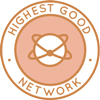 One Community is creating a more luxuriant life with sustainability through open source Highest Good Network® software that is a web-based application for collaboration, time tracking, and objective data collection. The purpose of the Highest Good Network is to provide software for internal operations and external cooperation. It is being designed for global use in support of the different countries and communities replicating the One Community sustainable village models and related components.
One Community is creating a more luxuriant life with sustainability through open source Highest Good Network® software that is a web-based application for collaboration, time tracking, and objective data collection. The purpose of the Highest Good Network is to provide software for internal operations and external cooperation. It is being designed for global use in support of the different countries and communities replicating the One Community sustainable village models and related components.
- Learn about our open source community collaboration and management software: The Highest Good Network
This week, the core team continued their work on the Highest Good Network PRs testing, confirming the fixed PRs and resolving several issues. They focused on HGN PR testing, confirming fixes for multiple issues. The fixed issues include ensuring the “Pie Charts” text in Dark mode appears in a light color, resolving a page freeze caused by clicking an active button, correcting the profile start date display, adding a confirmation message, and resolving an infinite loading animation when creating a new project, adding a title with an info icon to the Teams page, fixing the “Search” function for a person’s name, and adding titles and sort functions to the Projects WBS pages. They noted unresolved issues including invisible text in Light mode and a “Select/All” switch resetting an upper chart when both charts are open, missing spacing in the profile page tab name, and the need for a default error page to handle invalid URLs, which currently display as blank pages. Through these efforts, the team remained committed to refining the platform and aligning it with the broader vision of creating a more luxuriant life with sustainability, ensuring both functionality and a user-centric experience. They also created and updated four tasks for volunteers, addressing various issues, including fixing the inability to type emails into the email list section, creating a way to view deactivated people’s last week on the Weekly Summaries Reports page, resolving a one-day difference in end dates between the User Management and Reports pages, and troubleshooting a hard-to-reproduce blue square bug. Additionally, they attempted to test PR #2840 for the project details page but were unable to proceed due to an invalid test URL. We continue to focus on creating a more luxuriant life with sustainability that works for everyone through iterative improvements and user-centric solutions. See the Highest Good Society and Highest Good Network pages for more on how this relates to creating a more luxuriant life with sustainability. The collage below shows some of their work.
ALPHA SOFTWARE DEVELOPMENT TEAM
The Alpha Team’s summary, covering their work on the Highest Good Network software was managed by Lin Khant Htel (Frontend Software Developer) and includes Carlos Gomez (Full-Stack Software Developer), Rupa Rajesh Bhatia (Software Engineer), Sheetal Mangate (Software Engineer), and Sujith Reddy Sudini (Full-Stack Software Developer). The Highest Good Network software is a foundation of what we’ll be using to measure our results of creating a more luxuriant life with sustainability. This week, Lin reviewed and approved PR #2949, gaining deeper insight into the codebase and testing changes locally, with all six test cases passing. He also reviewed team summaries, photos, and videos, assigned tasks, and updated task hours to keep the workflow organized. Carlos reviewed three bug reports submitted by Jae regarding profile and dashboard pages. He resolved the refresh error in the dashboard’s Leaderboard section. Carlos also submitted pull request #2930 to the HGN repository. Sujith worked on front-end development for the resource request page as part of HGN Phase III, with both efforts aligned toward creating a more luxuriant life with sustainability through innovative and efficient solutions. He created a new branch, built form components for requesting resources, and implemented designs using HTML and CSS based on the provided wireframes.
Sheetal focused on understanding the functionality of the teamsTeamMembersReducer.js file by reviewing existing code and analyzing how payloads carry data for actions. This understanding will aid in preparing test cases, including edge and scenario-based tests. Her efforts contributed to creating a more luxuriant life with sustainability, aligning team objectives with broader environmental goals. Rupa refined the user interface for a multi-step form project, ensuring design consistency and responsiveness. She managed state using React-controlled components, set up smooth navigation with React Router, and implemented validation logic for accurate data input. Additionally, Rupa reviewed team workflows to identify improvements in operational efficiency and development practices. Learn more about how the Highest Good Network measures and assists in creating a more luxuriant life with sustainability in the Highest Good Network open-source hub. The collage below shows a compilation of the work from this team.
BINARY BRIGADE SOFTWARE DEVELOPMENT TEAM
The Binary Brigade Team’s summary overseeing advancements in the Highest Good Network software was managed by Vijay Anand Pandian (Full Stack Software Engineer) and includes Aaryaneil Nimbalkar (Software Developer), Anirudh Sampath Kumar (Software Developer), Deepthi Kannan (Software Engineer), Geeta Matkar (Software Engineer), Sandhya Adavikolanu (Software Developer), Sriram Seelamneni (Software Engineer), Xiaolu Li (Software Engineer) and Ziyu Chu (Volunteer Software Engineer). The Highest Good Network software is how we’ll be managing and objectively measuring our process for creating a more luxuriant life with sustainability through our social architecture, construction, production, and maintenance processes.
This week, Aaryaneil focused on understanding the Slack API documentation to manage adding and removing members. He worked on developing an API endpoint to automate user additions and send invitations using email addresses, debugging and resolving errors in the Slack invite member to workspace API code, and implementing error handling. Through this process, he ensured seamless automation while creating a more luxuriant life with sustainability by streamlining workflows and enhancing operational efficiency. While working on these tasks, he identified limitations in Slack’s plan for managing user additions and removals and developed a workaround using Google Sheets and automated emails to address these issues. Anirudh reviewed and tested pull requests 2929, 2936, 2932, 2939, 2788, 2934, 2949, 2946, 2947, and 2948 to verify code quality and functionality. He addressed bugs related to start and end date functionality on the WBSS page in the project, resolving issues raised in a pull request to improve accuracy. He also fixed a bug on the user management page that prevented the user status from updating correctly without refreshing the page, enhancing the user experience and creating a more luxuriant life with sustainability through seamless and efficient design improvements.
Deepthi focused on improving the Leaderboard display for narrow screens and addressing formatting issues on the Weekly Summaries submission page. Her updates included adjusting headers for better usability on smaller screens, making visual and functional corrections such as alignment and spacing, and resolving icon functionality issues. Through these improvements, she contributed to creating a more luxuriant life with sustainability by enhancing user experience and accessibility. She also resolved merge conflicts in existing pull requests. Geeta concentrated on the listing and bidding platform, addressing the header image and text display issues on smaller screens. She collaborated with Mrinalini on bidding platform mockups, holding a meeting to understand her work while also developing her own mockups. Additionally, she reviewed backend and frontend requirements for the mockups and worked on the header image task by examining the code and attempting to run the pull request on her local machine.
Sandhya resolved an issue with the TaskCompletedBarChart component on the Total Org Summary page, where volunteer statistics data failed to load due to a missing authentication token. After verifying the front-end code and ruling it out as the cause, she identified the absence of authorization headers in the API request during backend testing. Sandhya collaborated with the backend team to address the issue, updated the front-end code to include the required headers, and ensured the component functioned correctly through testing. She documented the changes and prepared a pull request with updates and testing results for review, aligning her efforts with the goal of creating a more luxuriant life with sustainability through efficient and innovative coding practices. Sriram worked on implementing a new feature related to toggling the bio request functionality. He started by reviewing an old pull request and incorporating backend suggestions to set up the necessary endpoint. After implementing the endpoint and its associated functionality, he tested the changes to ensure they worked as expected before pushing them. Additionally, he submitted pictures and provided a detailed weekly summary of his contributions.
Vijay completed unit test implementations for multiple reducers as part of the HGN software project. These included the weeklyDashboardDataReducer (PR #2936), the totalOrgSummaryReducer (PR #2949), and the timeEntriesForSpecifiedPeriodReducer (PR #2951). Additionally, he worked on implementing unit tests for the totalOrgSummaryReducer to enhance functionality and maintain code reliability. These efforts contributed to improving test coverage and ensuring the stability of the application, reflect his commitment not only to technical excellence but also to creating a more luxuriant life with sustainability, ensuring that software development practices align with long-term environmental and functional goals. Xiaolu began writing unit tests for the WeeklySummariesReport/WeeklySummaryRecepientsPopup.jsx component and created a separate branch named xiaolu-add-unit-test-weeklysummaryrecepientspopup. She is developing test cases to verify various aspects of the component’s rendering and user interactions. Ziyu worked on writing unit tests for the Warnings/Warnings.jsx component, creating four test cases to verify its functionality and reliability. All four tests passed on her local machine, and she submitted a pull request for review. His efforts contributed to creating a more luxuriant life with sustainability, aligning team objectives with broader environmental goals. See the Highest Good Society and Highest Good Network pages for more on how this relates to creating a more luxuriant life with sustainability. View some of the team’s work in the collage below.
BLUE STEEL SOFTWARE DEVELOPMENT TEAM
The Blue Steel Team’s summary, presenting their work on the Highest Good Network software was managed by Howie Miao (Software Engineer, Team Manager) and includes Nazanin Hashemian (Software Developer), Ramakrishna Aruva (Software Engineer), and Supriya Sudini (MERN Stack Developer). The Highest Good Network software is how we’ll be managing and objectively measuring our process for creating a more luxuriant life with sustainability through our social architecture, construction, production, and maintenance processes. This week, Howie focused on several tasks, including assisting Jingyi by approving their final pull request and creating a pull request for a hotfix to resolve an issue with clearing the insert link on the announcements page. He encountered an issue with Visual Studio Code where saving a file triggered forced formatting and introduced unintended changes despite disabling extensions and adjusting settings. Additionally, Howie resumed work on a system date bug and attempted to coordinate with Carlos, who had mentioned a possible solution. In the context of his ongoing work, Howie also reflected on the importance of creating a more luxuriant life with sustainability, recognizing that even small technical solutions can contribute to broader environmental goals.
Supriya worked on resolving conflicts that emerged after submitting a pull request related to the BMDashboard’s projects dropdown feature. She faced various challenges during conflict resolution and continued to focus on ensuring the modifications integrate seamlessly with the existing codebase. Nazanin concentrated on learning how to make pull requests for the first time, beginning with a review of relevant documentation and choosing to address the “Kard mode” feature. She created a branch named “nazanin_fix_bug_dark_mode,” studied files like DarkModeButton.jsx and DarkMode.css, and discussed a backend issue with Khushi, Nishita, and Vaibhavi. She also held a conversation with Howard to arrange a meeting. Her efforts contributed to creating a more luxuriant life with sustainability, aligning team objectives with broader environmental goals. Ramakrishna worked on implementing a feature to generate a PDF version of a badge and addressed components of user management. He reviewed the codebase to understand its structure and logic, analyzed data flow to identify bottlenecks, tested solutions to address issues, and optimized functionality to ensure smooth integration with the system. Additionally, he reviewed feedback on his pull request, addressed edge cases highlighted by reviewers, and implemented solutions to improve performance and usability. See the Highest Good Society and the Highest Good Network pages to learn more on how their work contributes to creating a more luxuriant life with sustainability. See below to view images of their work.
CODE CRAFTERS SOFTWARE DEVELOPMENT TEAM
The Code Crafters Team, covering their work on the Highest Good Network software, was managed by Summit Kaushal (Backend Software Developer) and includes Anoushka Gupta (Software Engineer), Ashrita Cherlapally (Software Engineer), Denish Kalariya (Software Engineer), Dhrumil Dhimantkumar Shah (Software Engineer), Humera Naaz (MERN developer), Pavan Swaroop Lebakula (Software Engineer) and Pratyush Prasanna Sahu (Software Engineer). The Highest Good Network software is how we’ll manage and objectively measure our process for creating a more luxuriant life with sustainability through our social architecture, construction, production, and maintenance processes.
This week, Summit supported team members by addressing questions and resolving issues shared via Slack. Efforts included investigating a persistent task assignment issue where members could not be assigned to tasks. After reviewing pull requests (PRs), a potential PR related to the issue was identified. Testing in the development environment showed no errors, but the issue persisted in the live version, prompting further debugging. He analyzed specific backend and frontend files, including taskRouter.js, taskController.js, projectController.js, permission.js, and various models and utilities on the backend, as well as URL.js, task.js, userProject.js, and PeopleReport.jsx on the frontend. Additional debugging using console logs on the backend was identified as necessary. He worked on locating the problem, reverting changes, and implementing a hotfix, ultimately creating an action item to address the bug. An oversight in logging hours during debugging resulted in untracked additional work time. Additionally, Summit reviewed shared media in team members’ drop boxes and assisted a colleague, Muhideen, in resolving a Postman issue by diagnosing and implementing a solution. Through these efforts, he contributed to creating a more luxuriant life with sustainability by ensuring smoother task workflows and more effective team collaboration. Dhrumil worked on addressing an issue with a unit test that was throwing an error, identified as task 246, “Fix Test File Throws an Error.” Additionally, he began reviewing and addressing the tasks associated with Bug Phase 3.
Denish addressed two backend issues related to the Total Organization Summary feature. He implemented a function to compute the number of volunteers who exceeded their committed weekly hours by a specified threshold, enhancing the system’s performance tracking. Additionally, he developed the getVolunteersCompletedAssignedHours function to calculate the number of volunteers meeting or exceeding their weekly hour commitments. These updates were integrated into the reporting system via modifications to the getVolunteerStatsData function in the API controller, ensuring results were accessible in API responses. Through these efforts, he contributed to creating a more luxuriant life with sustainability by ensuring smoother task workflows and effective collaboration within the team. Pavan made progress on enhancing the User Management page by adding a “Title” column and reducing the “Role” column size. The backend query was completed, while frontend data population issues remain under review. Updates were documented with snapshots to showcase progress, aligning with the vision of creating a more luxuriant life with sustainability. Anoushka worked on creating an API for a dropdown menu, implementing features like dynamic search suggestions and filter resets. She integrated these functionalities into the job applications page and tested the job summary API for accuracy, reliability, and performance. These efforts contributed to creating a more luxuriant life with sustainability by ensuring efficient functionality and user experience.
Ashrita focused on assigning users to badges in the backend system. She encountered challenges tracing the initialization of the badge variable, which blocked further progress. Debugging efforts concentrated on understanding the badge management logic and data flow to resolve the issue. Her efforts supported creating a more luxuriant life with sustainability by aligning team objectives with broader environmental goals. Humera debugged a function evaluating work hours across weeks to determine badge eligibility based on streak requirements. While the function worked with simple datasets, it struggled with complex scenarios, such as [30, 30, 40, 40, 40], incorrectly breaking valid streaks. Debugging focused on refining streak calculation logic to handle overlapping and progressive streaks effectively. Her contributions were instrumental in creating a more luxuriant life with sustainability through thoughtful badge recognition.
Pratyush picked up an Error Handling task from Phase III. He created Git branches for both frontend and backend development and reviewed Figma designs for the event registration form. To proceed, he created a folder named EventRegistration under the HighestGoodNetwork directory and added fields such as event name, first name, last name, and date of birth. He also added a route in route.js for /EventRegistration and ensured all fields functioned as intended. Screenshots and video summaries of progress were uploaded to Dropbox. See the Highest Good Society and Highest Good Network pages for more on how this relates to creating a more luxuriant life with sustainability. View some of the team’s work in the collage below.
DEV DYNASTY SOFTWARE DEVELOPMENT TEAM
The Dev Dynasty Team’s summary, covering their work on the Highest Good Network software, was managed by Jatin Agrawal (Software Engineer) and includes Mrinalini Raghavendran (Software Engineer), Nikita Kolla (Full Stack Developer), Nishita Gudiniye (Software Engineer), and Shreya Vithala (Software Engineer). The Highest Good Network software is how we’ll manage and objectively measure our process for creating a more luxuriant life with sustainability through our social architecture, construction, production, and maintenance processes.
This week, Jatin addressed long-pending tasks and requested final reviews for PR#2841, which toggles invisibility permissions; PR#1104, which creates an email notification function; PR#2714, which retrieves profile images; and PR#1139, which develops the backend for custom forms. His efforts contributed to creating a more luxuriant life with sustainability, aligning team objectives with broader environmental goals. Mrinalini refined and expanded the design documentation for a bidding platform project by formatting backend and frontend requirements and sharing the initial version with Jae for review. She created mockups for the availability management and wish list features, incorporated feedback, and collaborated with a team member to onboard them and assign tasks. She revised the document multiple times to align with updated requirements, revamped existing mockups, reorganized content for clarity, added detailed requirement descriptions and new mockups, and ultimately submitted the updated document to Jae for approval, creating a more luxuriant life with sustainability by integrating innovative and user-friendly design elements.
Nikita focused on the Tumblr auto-poster project, encountering roadblocks and requiring additional time to complete the auto-post-at-specific-times function, which remains her current focus. Nishita worked on developing unit test cases for EditTaskModal.jsx by analyzing required test scenarios and identifying nine test cases. She implemented five test cases using Jest and is resolving issues with the remaining four. Additionally, she reviewed three team members’ pull requests (PR#1104, PR#2714, and PR#2895) involving profile image retrieval, an email notification function for summary submissions, and a user management refresh issue, providing detailed feedback and supporting attachments. Through her contributions, Nishita demonstrated her commitment to creating a more luxuriant life with sustainability by ensuring robust code quality and fostering effective collaboration.
Shreya reviewed two pull requests (PR#2714 and PR#1104) for Jatin, resolved merge conflicts in her own PR#2895, and is investigating a failing Node check. She collaborated with Jae and others on the HGN survey dashboard task and is creating sample designs. See the Highest Good Society and Highest Good Network pages for more on how this relates to creating a more luxuriant life with sustainability. View some of the team’s work in the collage below.
EXPRESSERS SOFTWARE DEVELOPMENT TEAM
The Expressers Team’s summary, covering their work on the Highest Good Network software, was managed by Christy Guo (Software Engineer) and includes Faye Lyu (Software Engineer), Rahul Trivedi (Software Developer), Reina Takahara (Software Developer), Shreya Laheri (Software Developer), and Strallia Chao (Software Engineer). The Highest Good Network software is how we’ll manage and objectively measure our progress for creating a more luxuriant life with sustainability through our social architecture, construction, production, and maintenance processes. This week, Christy implemented bar charts with filtering for hours contributed and remaining. She also reviewed PR timeEntriesForSpecifiedPeriodReducer (PR #2951), totalOrgSummaryReducer (PR #2949), and Fix Test File tests (PR #2939). Christy’s summary for this week includes updates from Faye, Strallia, Reina and Reina. Strallia developed backend features for the Total Org Summary page and resolved a database issue. Faye implemented and integrated HGN functions, verified database metrics, and reviewed pull requests. Reina enabled QST code reordering and explored React drag-and-drop features. Shreya designed HGN Questionnaire wireframes and updated the navbar in Figma. See the Highest Good Society and Highest Good Network pages for more on how this relates to creating a more luxuriant life with sustainability. See the collage below to view the team’s work this week.
LUCKY STAR SOFTWARE DEVELOPMENT TEAM
The Lucky Star Team’s summary, covering their work on creating a more luxuriant life with sustainability, of the Highest Good Network software, was managed by Anne Zhang (Software Engineer) and includes contributions from Chetan Sunku (Software Engineer), Koushica Bosadi Ulaganathan (Software Engineer), Samarth Bhadane (Software Engineer), T R Samarth Urs (Data Analyst), Shefali Mittal (Volunteer Software Engineer), Vaibhavi Madhav Deshpande (Software Engineer) and Ziyan Wang (Software Engineer). This week, Chetan worked on addressing the issue where logged time does not automatically update on the dashboard without a page reload. After completing a prior hotfix, he resumed investigating the problem and sought assistance in the coding channel group but did not receive responses. Koushica focused on reviewing pull requests and enhancing user functionality by implementing a bell notification feature to alert users who completed less than 50% of their required hours with 48 hours left in the week. During the review of PR #2915, a validation issue with date ranges was identified, and in PR #2778, she addressed an error related to the “show archived” option. In the process of improving user functionality, Koushica not only focused on enhancing the user experience but also demonstrated a keen awareness of the broader impact of her work, creating a more luxuriant life with sustainability by ensuring that the features she implemented contribute to the efficient use of resources and promote long-term well-being.
Samarth completed linting tasks for components like Teams and TeamsLocation, ensuring code consistency and resolving syntax issues to maintain the project’s code quality. Samarth managed a PR review team, evaluated their work, provided feedback, and summarized their efforts in a blog post featuring a collage of reviewed images. Shefali selected a bug titled “Create appropriate auto-poster for Twitter/X,” reviewed existing PR details and the codebase, created a developer account, and researched open APIs for Twitter/X, all while focusing on creating a more luxuriant life with sustainability by ensuring the solution was both innovative and environmentally conscious. Vaibhavi contributed to HGN Phase Three Deliverable 0 by addressing technical issues related to Postman requests and API integration, assisting volunteers, and engaging with the UI/UX team to prepare for future collaborative work.
Ziyan reviewed Phase 2 bugs and tasks using Figma and Google Docs, updated the Phase 2 WBS Excel sheet, and began resolving a 1-day discrepancy in end dates between the User Management and Budget pages. Her efforts contributed to creating a more luxuriant life with sustainability, aligning team objectives with broader environmental goals. Anne worked on the member column filter bug related to sorting projects by the number of active members, identified a browser resource error when sorting, attempted caching as a solution, and continued managing team tasks, reviewing team photos and videos, and submitting weekly summaries. Learn more about how the Highest Good Society and Highest Good Network measures and assists in creating a more luxuriant life with sustainability in the Highest Good Network open source hub. See their work on the collage below.
MOONFALL SOFTWARE DEVELOPMENT TEAM
The Moonfall Team’s summary, covering their work on the Highest Good Network software was managed by Newell Newell (Manager), and includes Bhavya Prakash (Software Engineer), Calvin Liu (PR Team), Rachana Zha (Software Engineer), Rashmitha Yadav (Software Engineer), Saurabh Shetty (Software Engineer), Shashank Kumar (Software Engineer), Swathi Dharma Sankaran (Software Engineer), and Yili Sun (Software Engineer).
This week, Bhavya worked on addressing the lead badge issue by collaborating with colleagues on Slack, troubleshooting locally, and implemented functionality changes using React. She has resolved compile errors caused by a version mismatch, and reinstalled necessary components to address the problem. Calvin focused on resolving Bug 21 from the “HGN Phase I Bugs and Needed Functionalities” document, which involved fixing issues with the “Add Intangible Time Entry” feature, specifically the unexpected closure of the modal and hyperlink activation problems. He analyzed and updated files like ModalHandler.js and TimeEntryModal.jsx to stabilize modal behavior and link functionality, all while creating a more luxuriant life with sustainability by ensuring a smoother user experience and reducing unnecessary resource consumption.
Newell finalized the Azure migration and reduced hosting costs. He has explored email provider options, and implemented critical hotfixes to enhance stability. His efforts contributed to creating a more luxuriant life with sustainability, aligning team objectives with broader environmental goals. Rachana integrated gzip compression into a MERN stack application and modified server files to improve performance by reducing payload sizes. Rashmitha reviewed multiple pull requests and tested for unit case coverage, linting fixes, and edge case validation, and requested changes where issues were identified, all while creating a more luxuriant life with sustainability by ensuring that the code adhered to best practices and efficient, eco-friendly solutions. Saurabh investigated synchronization issues in task progress updates and hour tracking. He also focused on real-time updates for seamless system functionality. Shashank tested previous modifications across various environments and implemented adjustments. He has raised a pull request, and initiated work on a new issue requiring planning and analysis.
Swathi worked on enhancing the members page in the project application by resolving discrepancies in project name displays, debugging API response errors, refining layout consistency and integrating features such as search, pagination, and active member toggles. Yili addressed validation errors in the user profile system’s “jobTitle” field by reviewing backend logic, database constraints and worked on managing password reset permissions for non-Owner/Admin users, ensuring proper access control. See the Highest Good Society and Highest Good Network pages for more on how this relates to creating a more luxuriant life with sustainability. Below is a collage for the team’s work.
REACTONAUTS SOFTWARE DEVELOPMENT TEAM
Reactonauts’ Team’s summary, covering their work on the Highest Good Network software, was managed by Vijeth Venkatesha (Software Engineer) and includes Gmon Kuzhiyanikkal (Software Engineer), Haoyue Wen (Software Engineer), Jinxiong You (Software Engineer), Mohan Gadde (Software Engineer), Nikhil Pittala (Software Engineer), Pallavi Thorat (PR Team O-Sh), Peterson Rodrigues (Full-Stack MERN Stack Developer), Rishitha Mamidala (Software Engineer).
This week, Gmon focused on enhancing task visibility controls by implementing functionality to hide member tasks using the team toggle and adding bell notifications for task deadlines at 50%, 75%, and 90% completion. He identified an existing pull request ready for completion and finalized a task to display active and inactive member counts on the team page and created a new branch named “Gmon-Active-NonActive-team”. Additionally, Gmon’s work contributes to creating a more luxuriant life with sustainability by promoting efficient task management and team collaboration. Haoyue worked on improving Title Code functionality to support numbers and special characters and fixed a UI spacing issue. She has implemented user search with auto-suggestions for the FAQ tool, and set up role-based FAQ management.
Jinxiong identified and resolved bugs in the HGN Apps. She has reviewed multiple pull requests addressing issues such as incorrect date validation, account status updates without page refreshes, and project button functionality. Mohan resolved a bug in the Blue Square system affecting deletion events and verified performance improvements for system stability. Her efforts contributed to creating a more luxuriant life with sustainability, aligning team objectives with broader environmental goals. Nikhil reviewed 12 pull requests across front-end and back-end code. He has focused on functionality, coding standards, and unit testing. Pallavi tested several pull requests to validate error handling, task creation and editing functionality, user deletion processes, and compatibility with light and dark modes while preparing for new assignments, all while creating a more luxuriant life with sustainability by ensuring efficient and eco-friendly software practices. Peterson fixed a bug in the User Management page and enabled accurate full-name search functionality.
Rishitha added a “Title” column to the user table and updated the back-end to integrate this feature. She began layout improvements on the “Role” column and updates to the Add Materials page. Vijeth managed team coordination by reviewing weekly summaries and hosted meetings. He has resolved troubleshooting issues with Gmon, and investigated app performance concerns to identify and address potential slowdowns. See the Highest Good Society and Highest Good Network pages for more on how this relates to creating a more luxuriant life with sustainability. Below is a collage for the team’s work.
SKYE SOFTWARE DEVELOPMENT TEAM
Skye Team’s summary covering their work on the Highest Good Network was managed by Rishabh Rao (Administrator) and Luis Arevalo (Software Engineer) and the team includes Abi Liu (Software Developer), Laura Cohen (Software Engineer), Sai Preetham (Full Stack Developer) and Snehal Dilip Patare (Software Engineer). The Highest Good Network software is how we’ll manage and objectively measure our process for creating a more luxuriant life with sustainability through our social architecture, construction, production, and maintenance processes.
This week, Abi worked on refining the Volunteer Trends API by implementing a custom date range filter to improve user search capabilities. He also began modifying the query structure to support data retrieval in monthly or weekly increments, aiming to provide more flexible and detailed insights for users analyzing volunteer trends. Laura focused on debugging the hasPermission utility function and its connection to retrieving the current user’s permissions to ensure the permission change modal appears only when appropriate. She examined the state update process and manually reviewed various data arrays to verify that the functions were operating as intended, contributing to creating a more luxuriant life with sustainability.
Snehal worked on the Facebook Auto Poster backend, researching the Facebook API and its integration with Node.js by reviewing the Facebook developer documentation. She plans to create an account page and link it to the Facebook developer platform, enabling permissions for posting content and pictures on a Facebook page using the Graph API. The API generated will be used in the HGNRest application to post content on the Facebook page, and she will next focus on the backend implementation. Her efforts contributed to creating a more luxuriant life with sustainability, aligning team objectives with broader environmental goals.
Sai Preetham worked on introducing a new tracking management permission in the frontend by updating the data model, UI components, and API integration to ensure it is included in the payload sent to the backend. He inspected network requests using browser Developer Tools, verified the payload, and checked backend logs to confirm the permission was being received and processed. Sai’s work on introducing a new tracking management permission in the frontend not only enhanced the system’s functionality by updating the data model, UI components, and API integration, but also contributed to creating a more luxuriant life with sustainability by ensuring that the tracking mechanism was optimized for efficiency and minimal environmental impact, thus aligning technological progress with eco-consciousness. He analyzed the Add/Delete toggle button functionality in the PermissionListItem component, identifying that the button updates the local permissions state through the togglePermission and setSubpermissions functions, notifies the parent component via props.onChange(), and updates the modal status with updateModalStatus(true), while backend updates depend on the implementation of props.onChange() in the parent component. Debugging steps included inspecting the Network tab and reviewing the parent component logic to confirm backend updates. Additionally, Sai worked on the weekly summary and weekly Dropbox images, contributing to creating a more luxuriant life with sustainability.
Luis worked on creating new warnings and integrated Jae’s feedback to troubleshoot issues with warning icons not displaying and causing errors. He followed up with Jae to split the “both” button into a separate PR since it will be a new feature. Luis also began preparing a PR to remove logs and provided a demo to Jae for final review before raising the PR. Additionally, he worked on finalizing a spinner when removing a blue square from the user due. See the Highest Good Society and the Highest Good Network pages to learn more about how their work contributes to creating a more luxuriant life with sustainability. See below for the work done by the group.
SOFTWARE PR REVIEW TEAM A-R
The PR Review Team’s summary for team members’ names starting with A-R and covering their work on the Highest Good Network software was managed by Saumit Chinchkhandi (Administrative Assistant and Software Engineer). The Highest Good Network software is a foundation of what we’ll be using to measure our results of creating a more luxuriant life with sustainability. This week’s active members of this team were: Abdelmounaim Lallouache (Software Developer), Carl Bebli (Software Engineer), Kurtis Ivey (Full Stack Developer), Lakshan Kandeepan (Software Developer), Nahiyan Ahmed (Full Stack Software Developer), and Nathan Hoffman (Software Engineer). They reviewed all the Highest Good Network PRs (Pull Requests) shared in this week’s update. Learn more about how the Highest Good Network measures and assists in creating a more luxuriant life with sustainability in the Highest Good Network open source hub. The collage below shows a compilation of the work from this team.
SOFTWARE PR REVIEW TEAM S-Z
The PR Review Team’s summary for team members’ names starting with Sh-Z and covering their work on the Highest Good Network software was managed by Olawunmi “Ola” Ijisesan (Administrative and Management Support) and Samarth Urs (Administrative Assistant and Data Analyst). The Highest Good Network software forms the foundation for measuring our results in creating a more luxuriant life with sustainability. This week’s active members of this team were: Samman Baidya (Software Engineer) and Shraddha Shahari (Software Engineer). They reviewed all the Highest Good Network PRs (Pull Requests) shared in this week’s update. Learn more about how the Highest Good Network will measure and assist in creating a more luxuriant life with sustainability through the Highest Good Network open-source hub. The collage below shows a compilation of the work from this team.
AND WE PRODUCED THIS WEEKLY UPDATES BLOG – CLICK HERE TO SUBSCRIBE
FOLLOW ONE COMMUNITY’S PROGRESS (click icons for our pages)
INVESTOR PAGES
GET INVOLVED
DONATE | WAYS ANYONE CAN HELP | MEMBERSHIP
CLICK HERE FOR ALL PAST UPDATES
 One Community
One Community